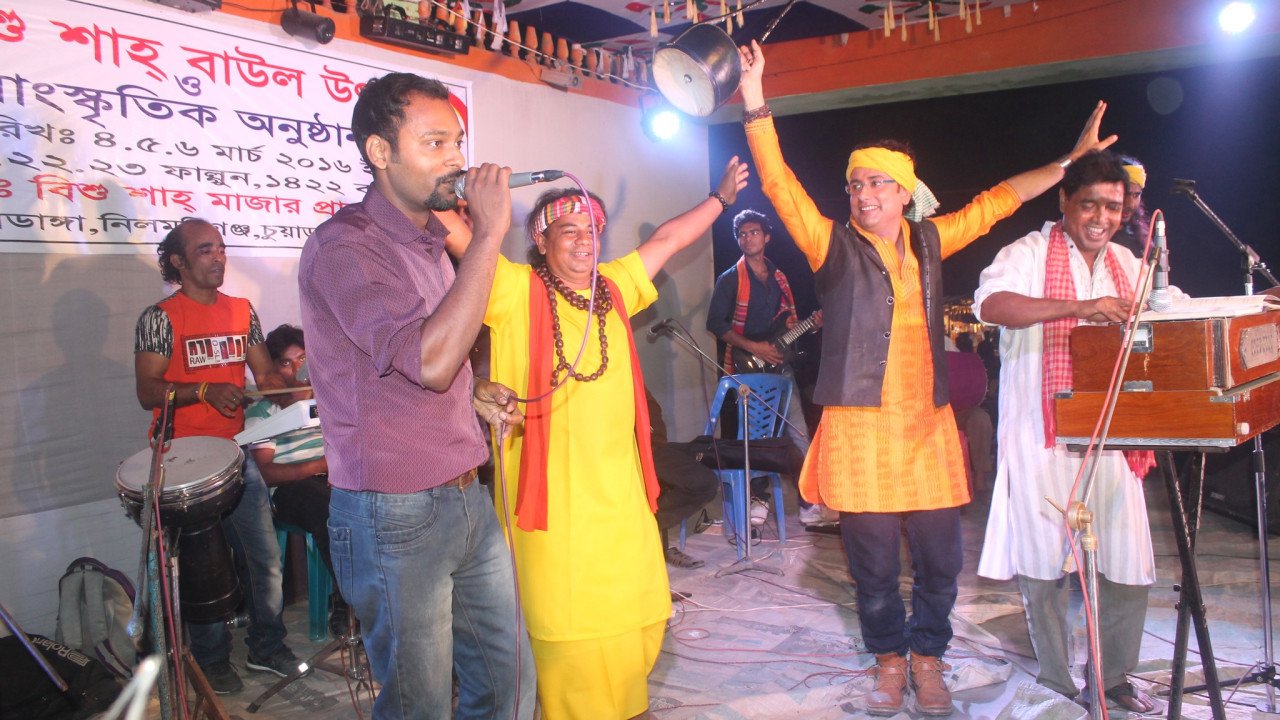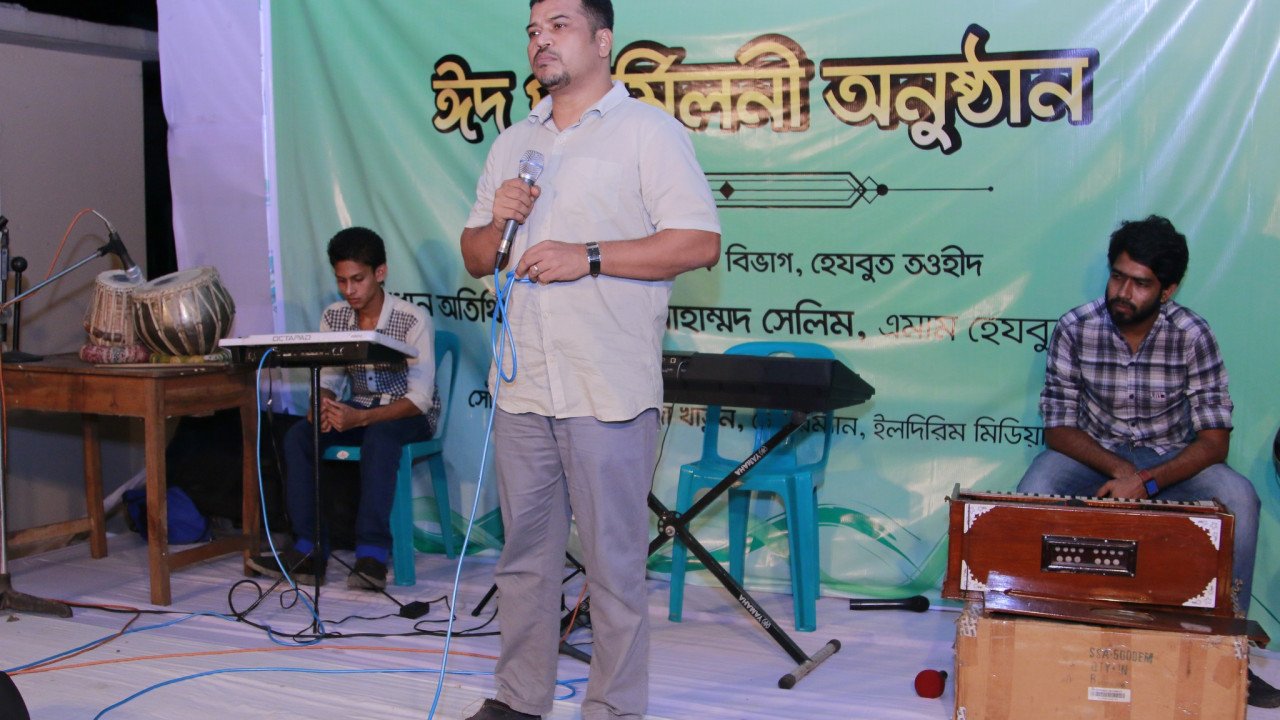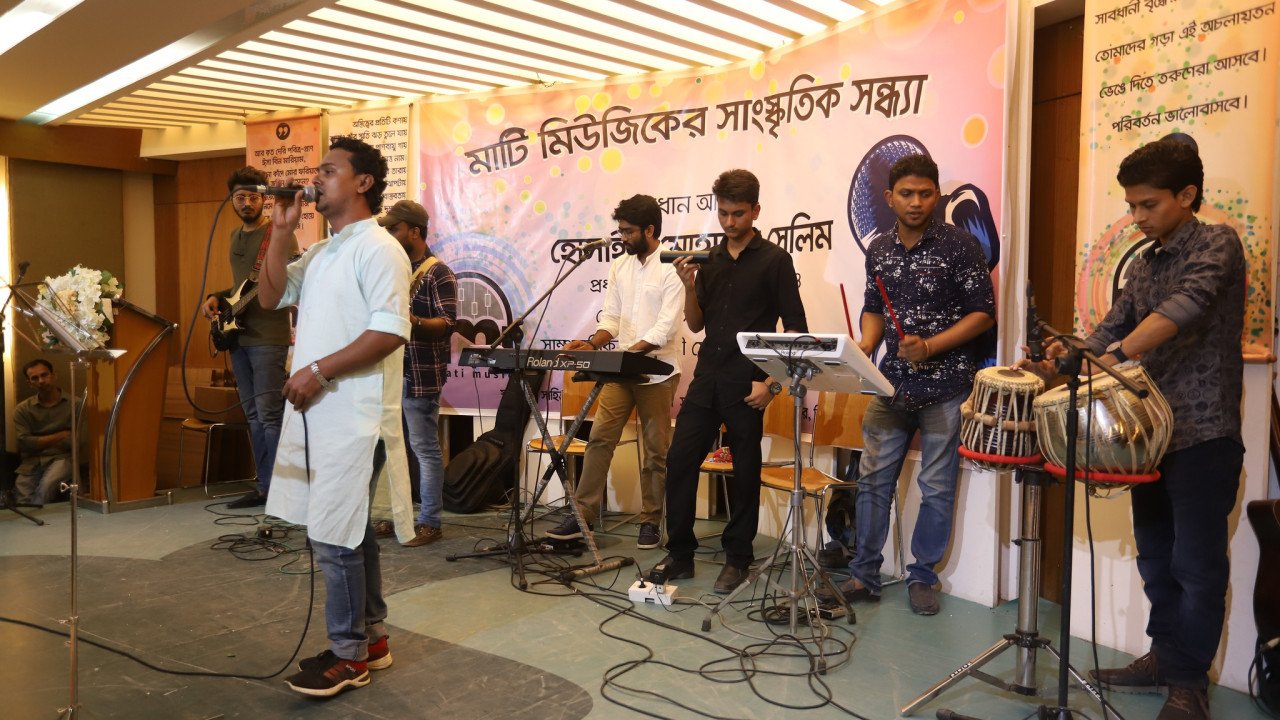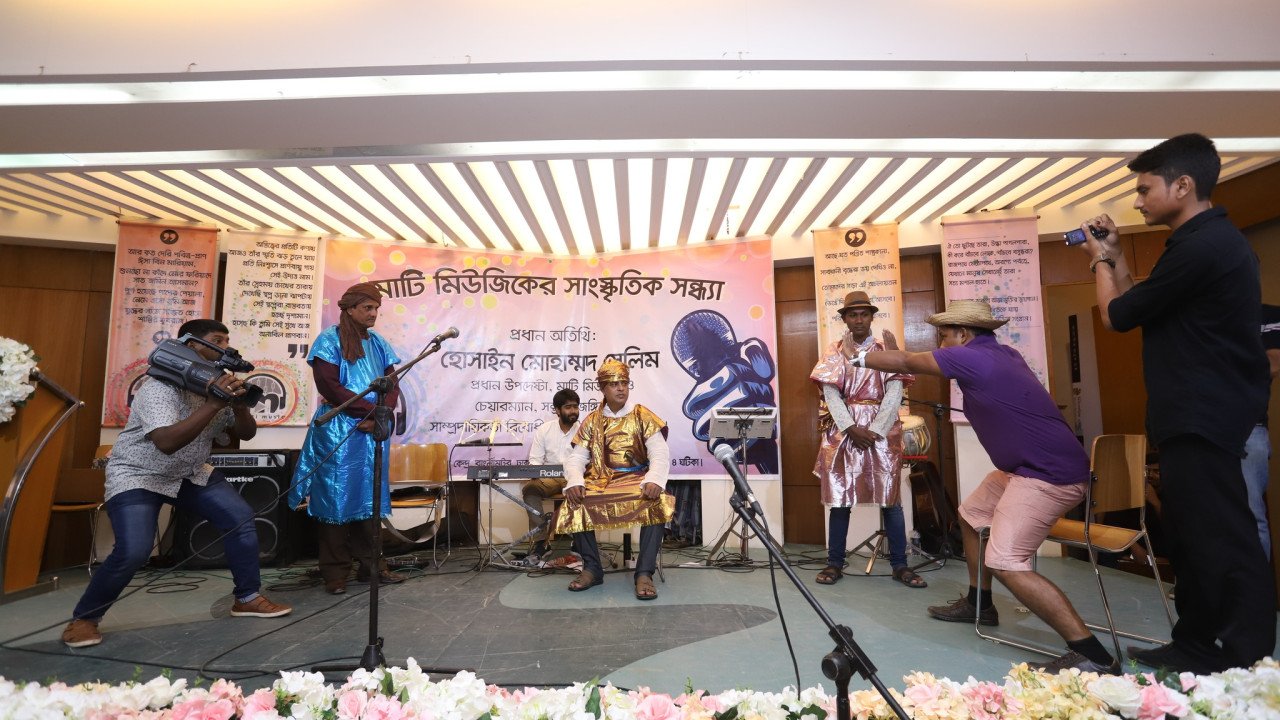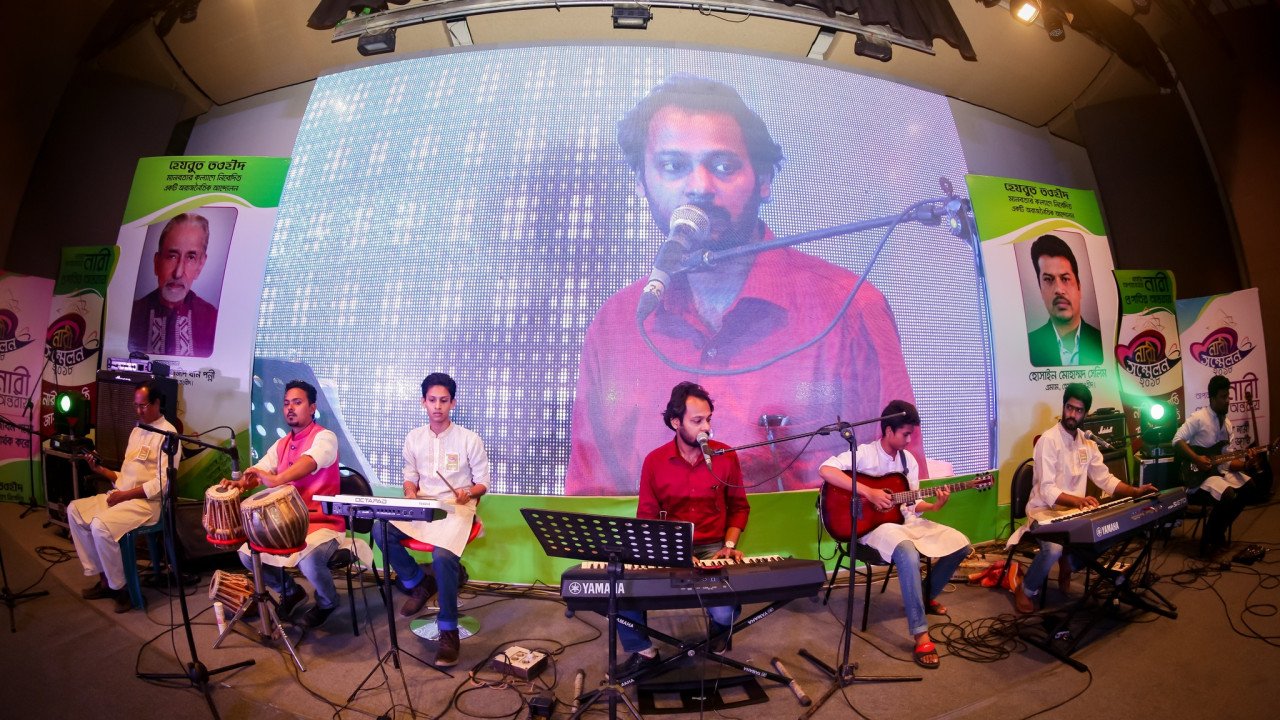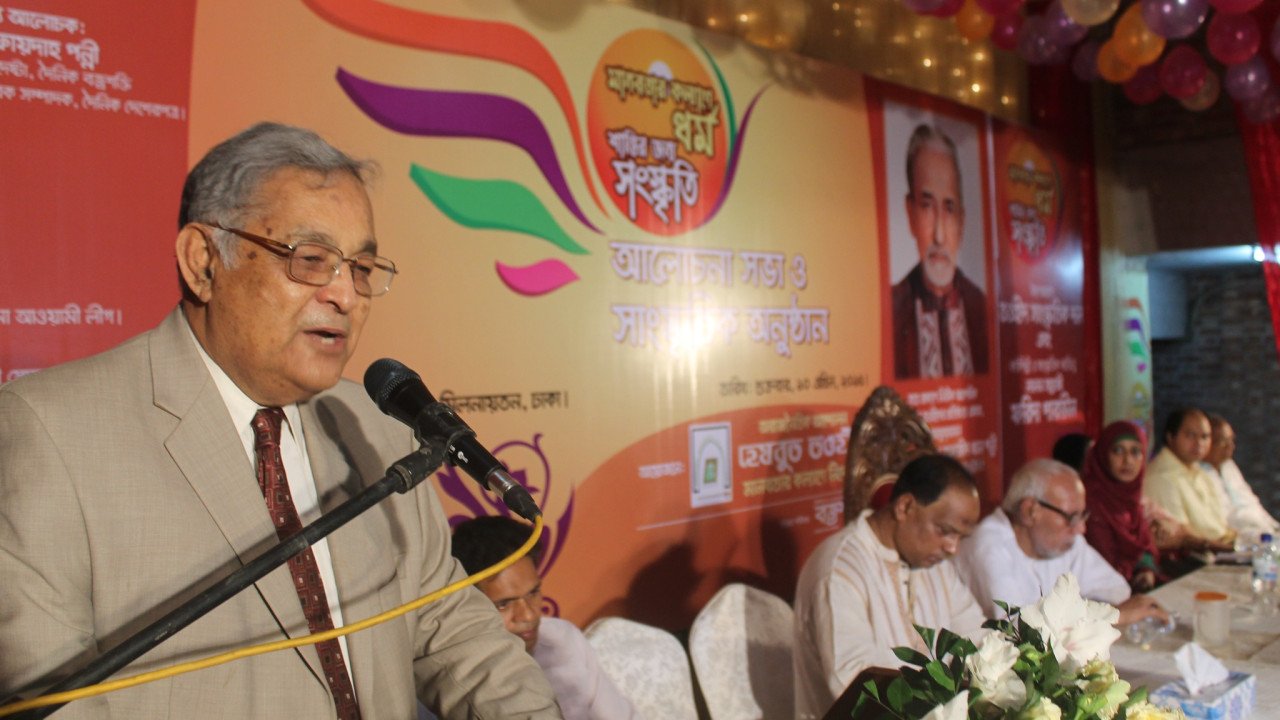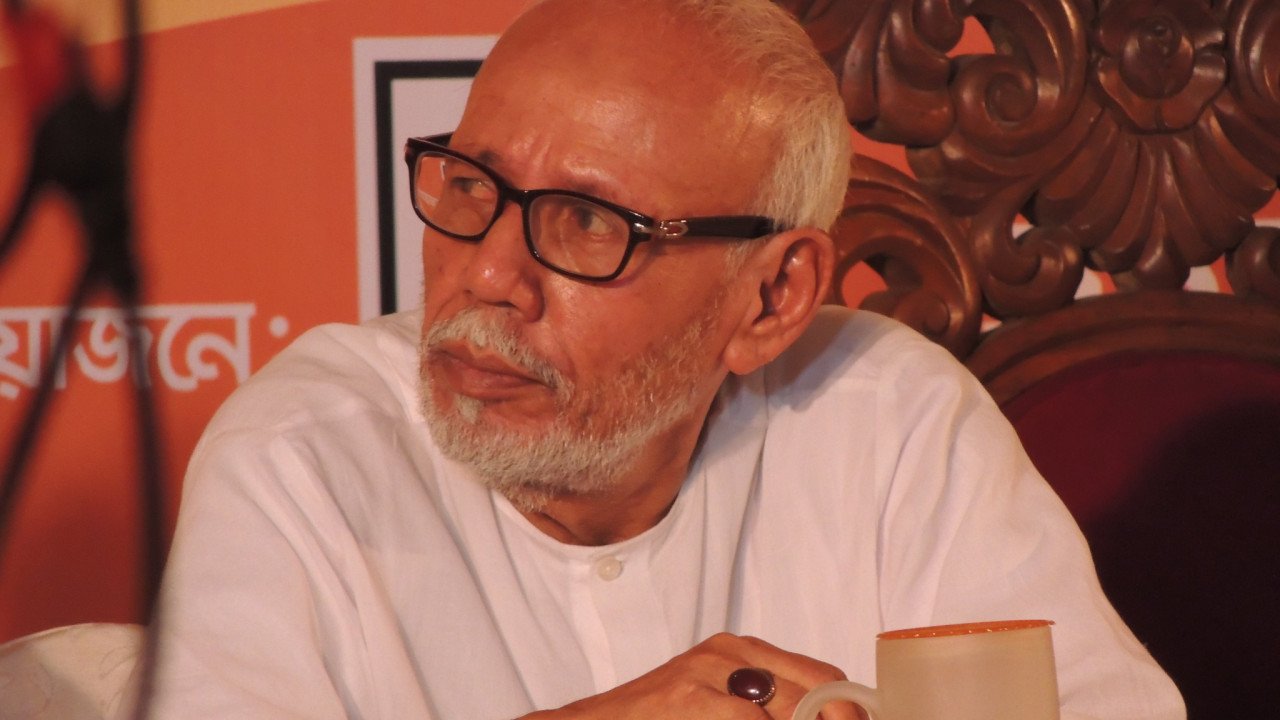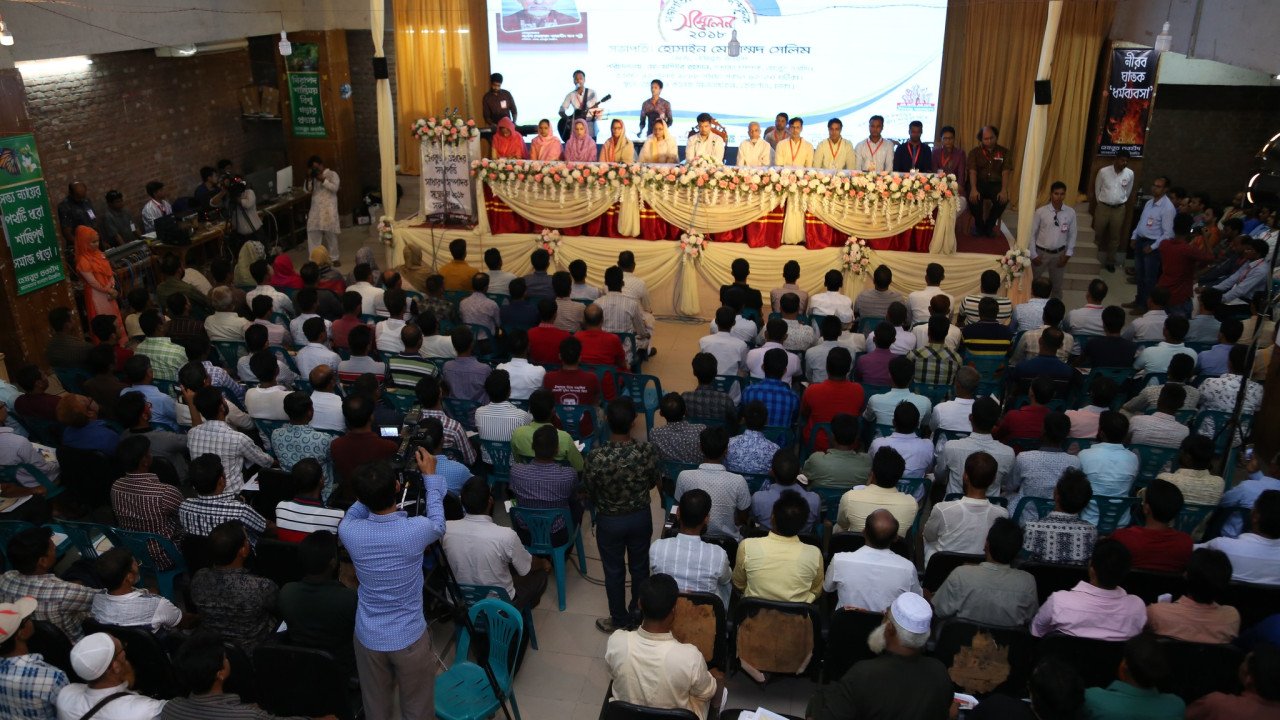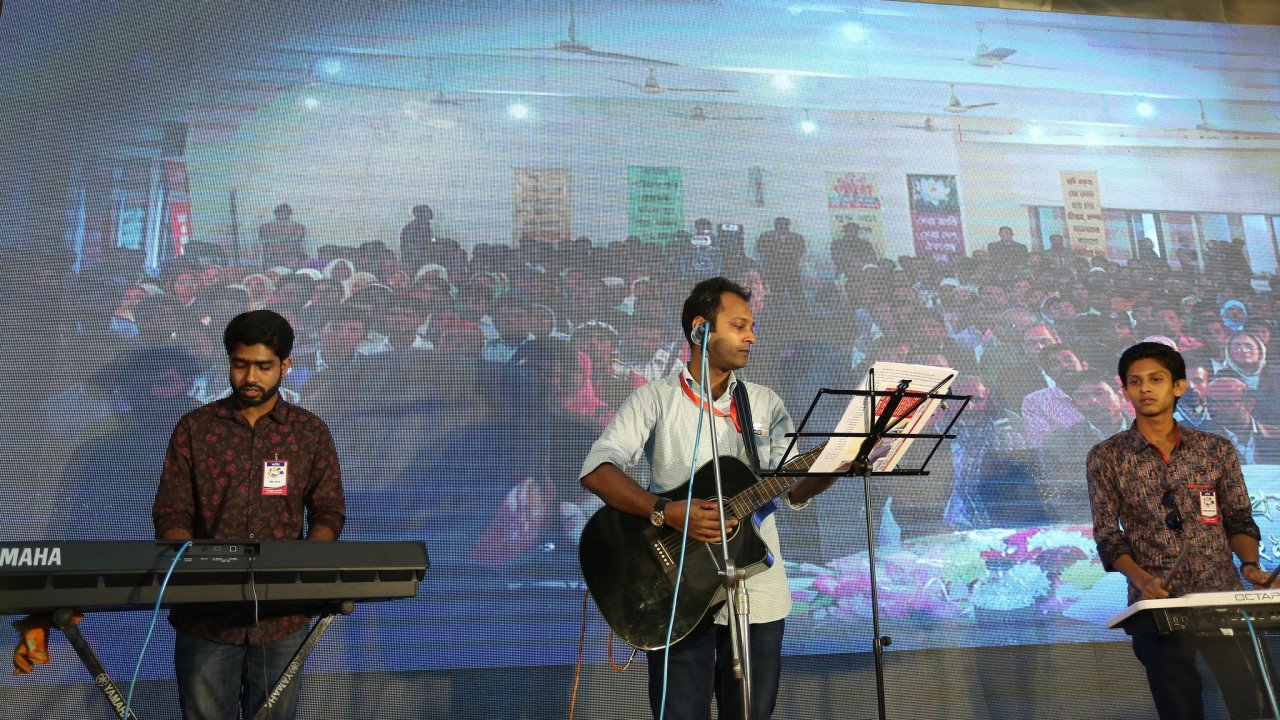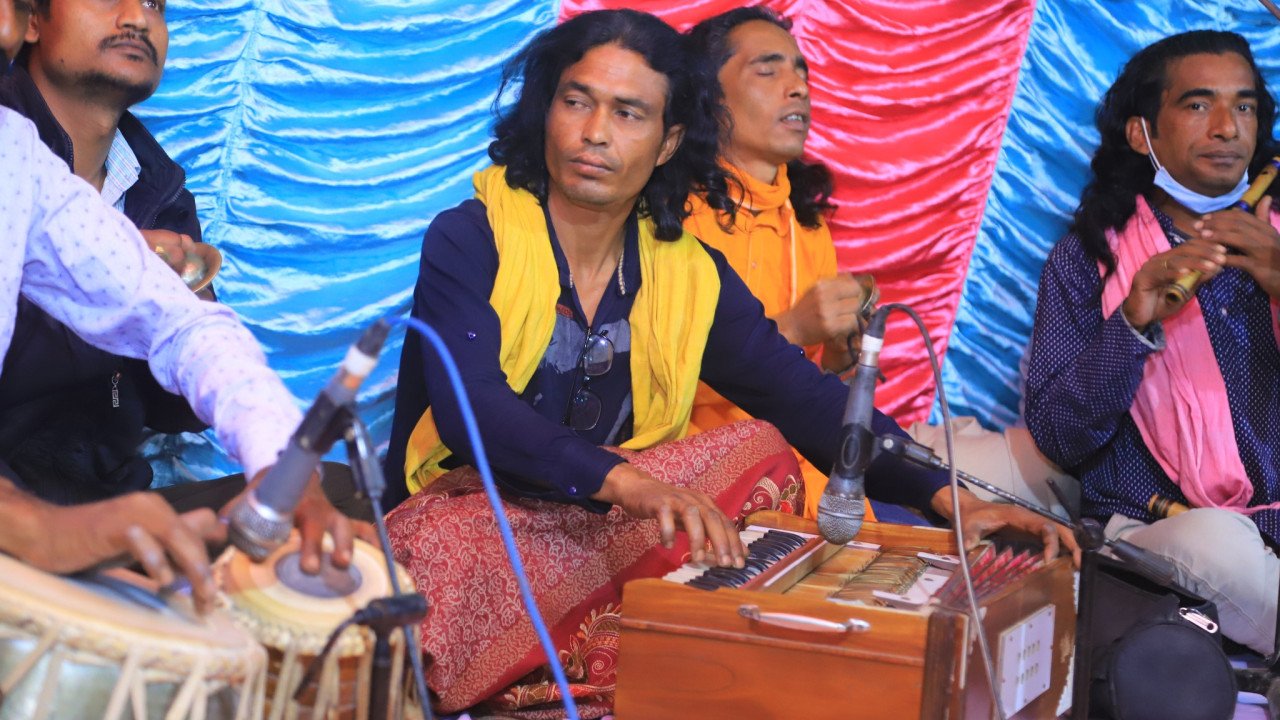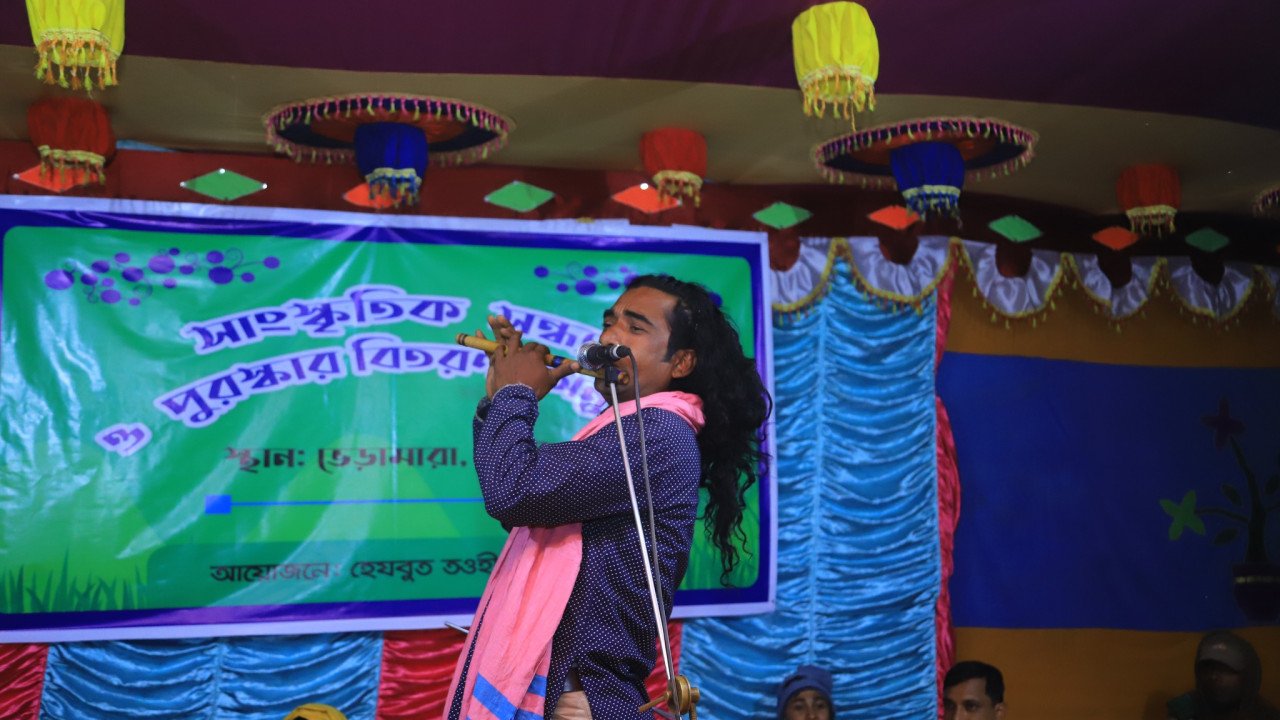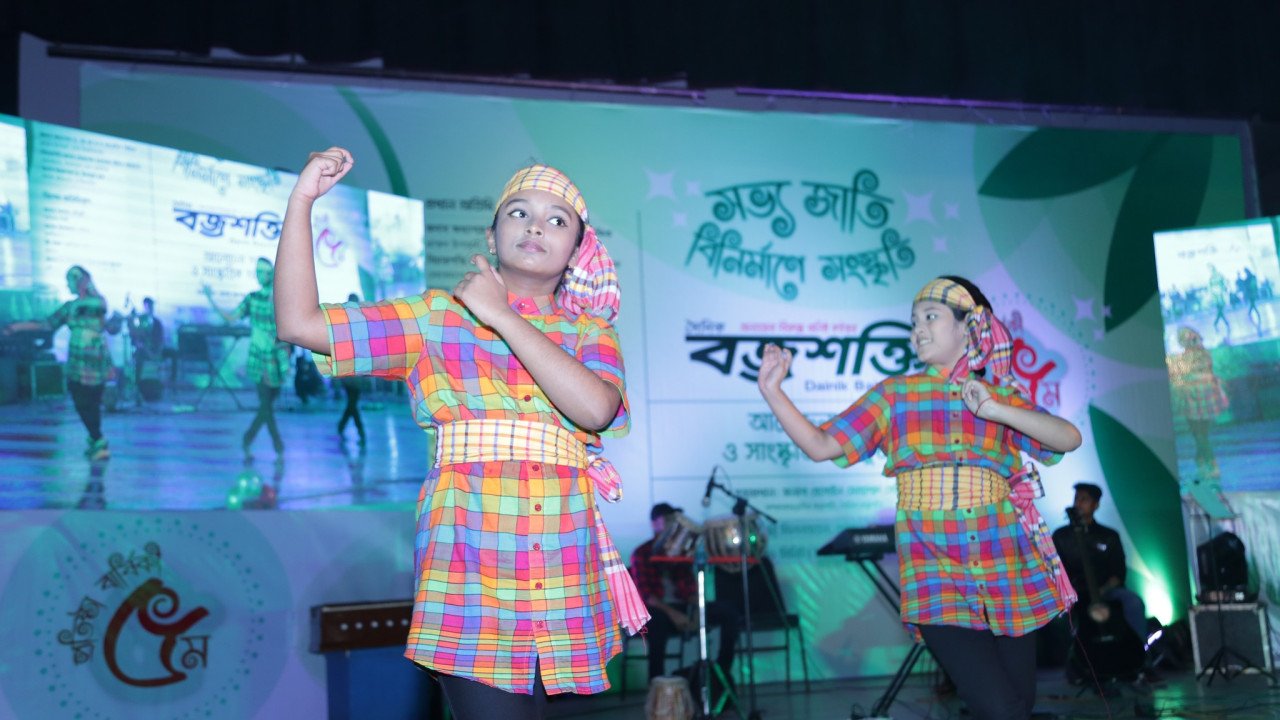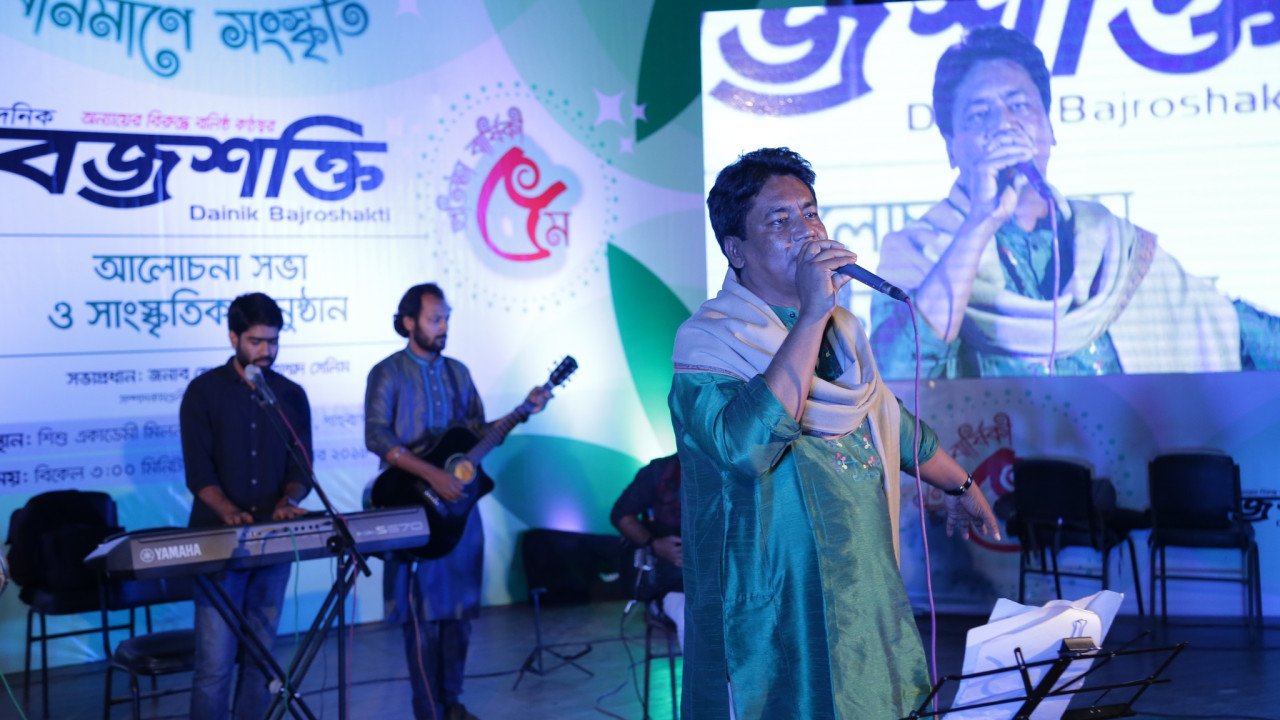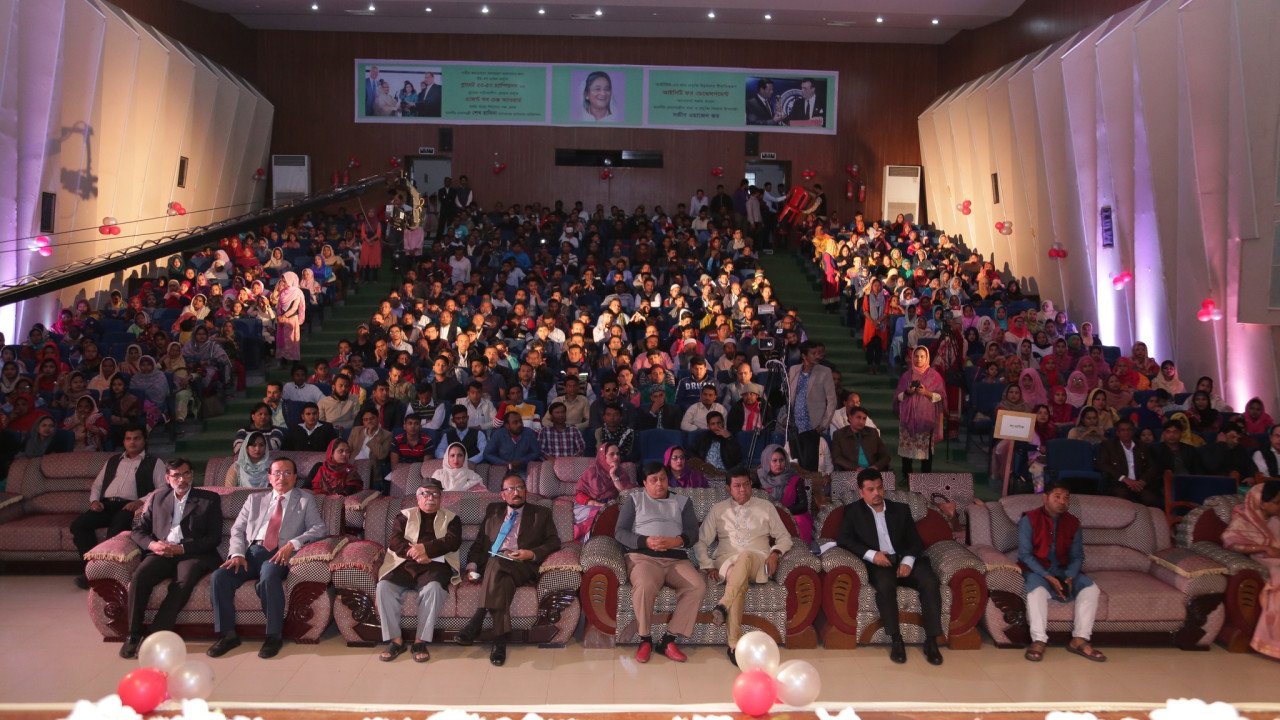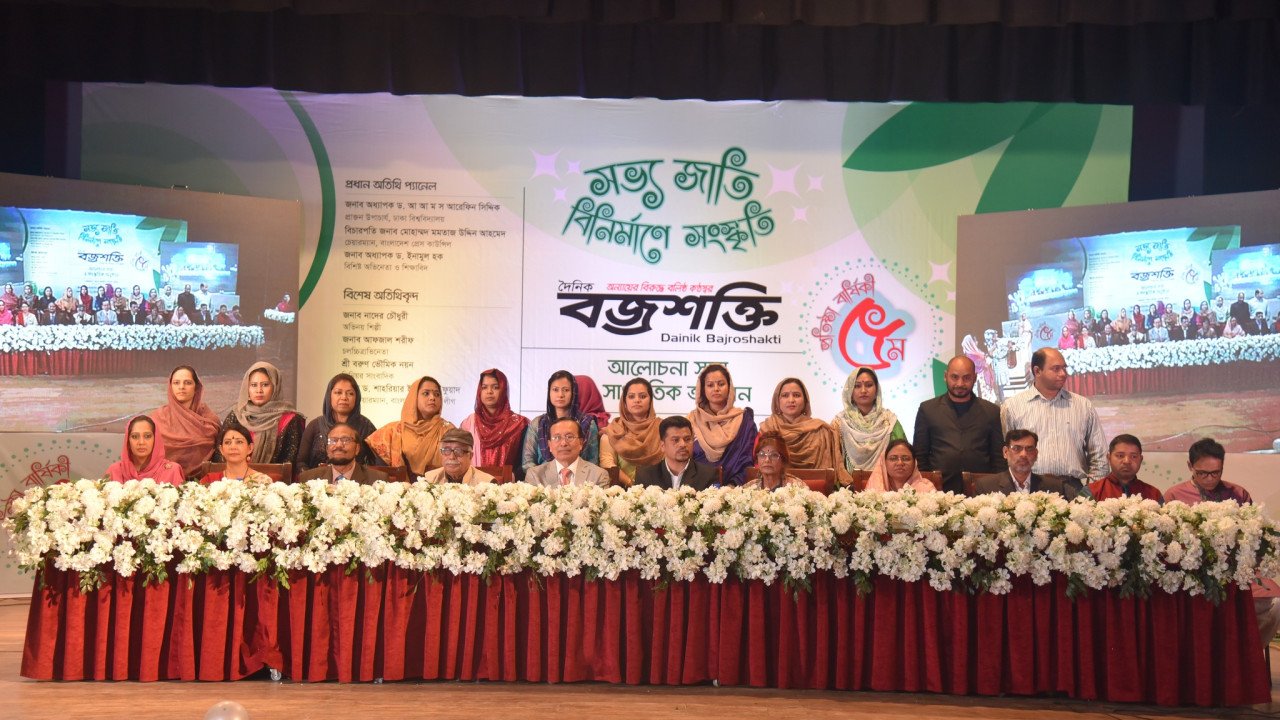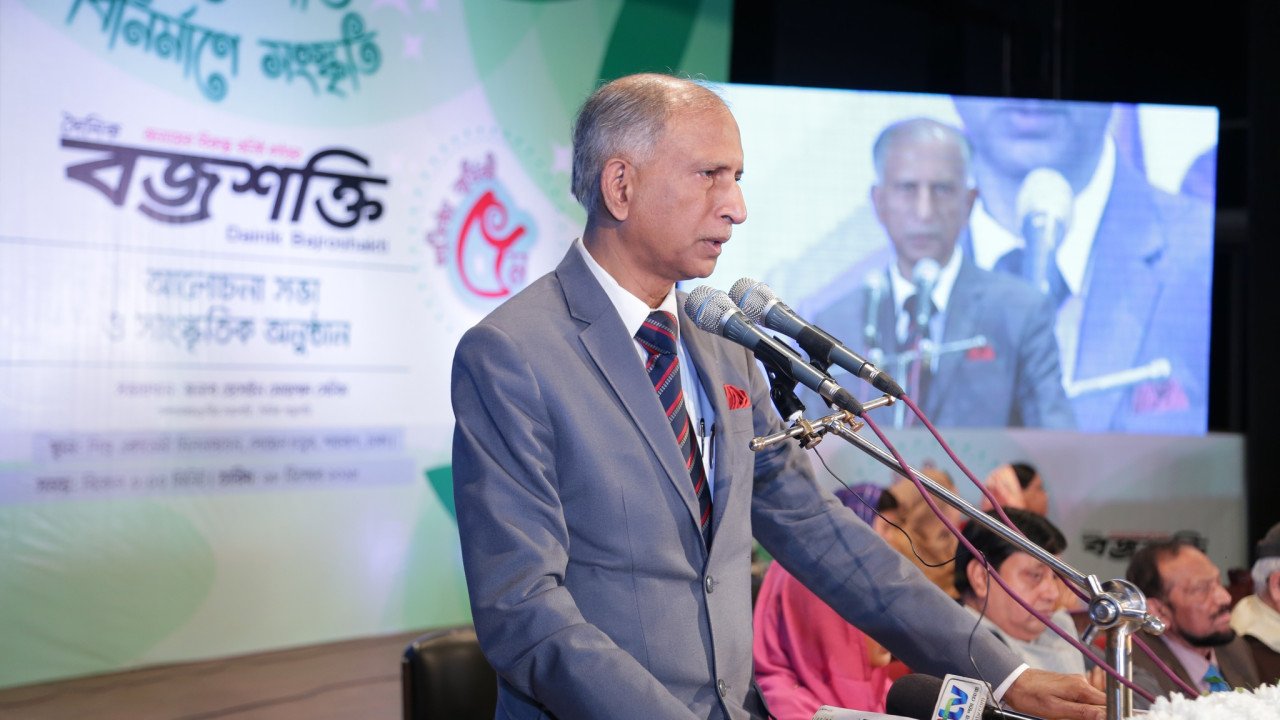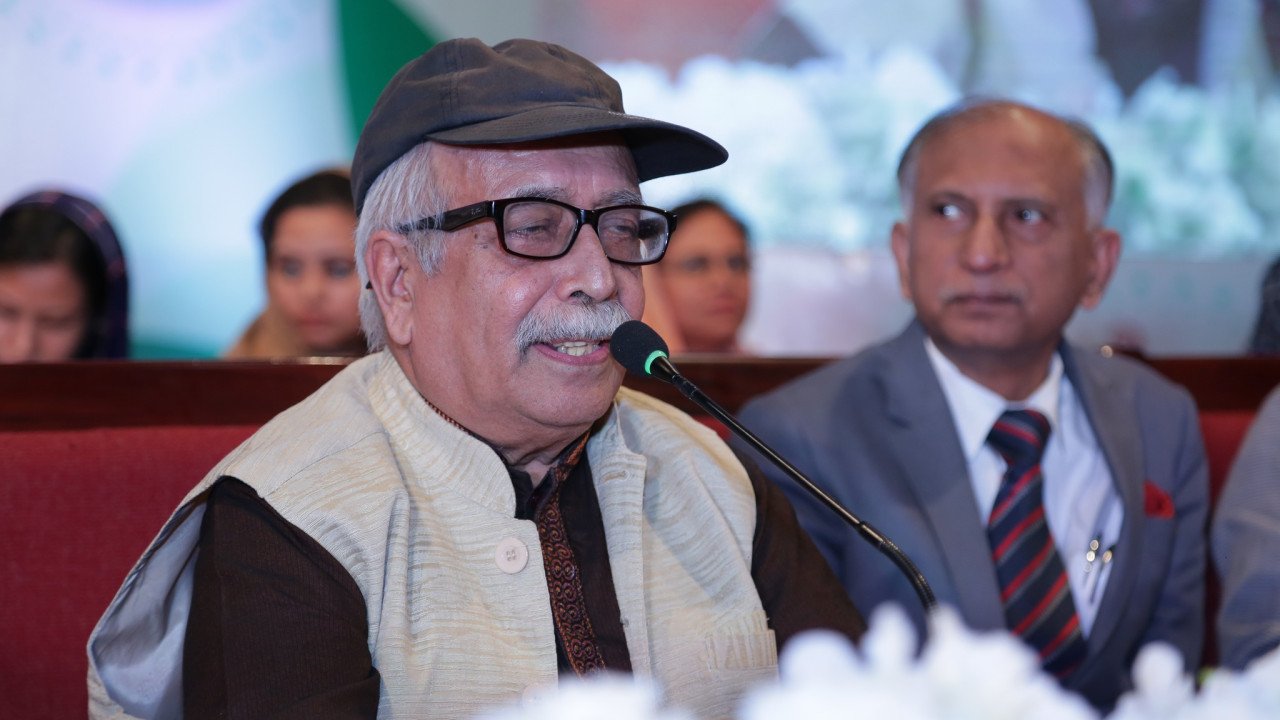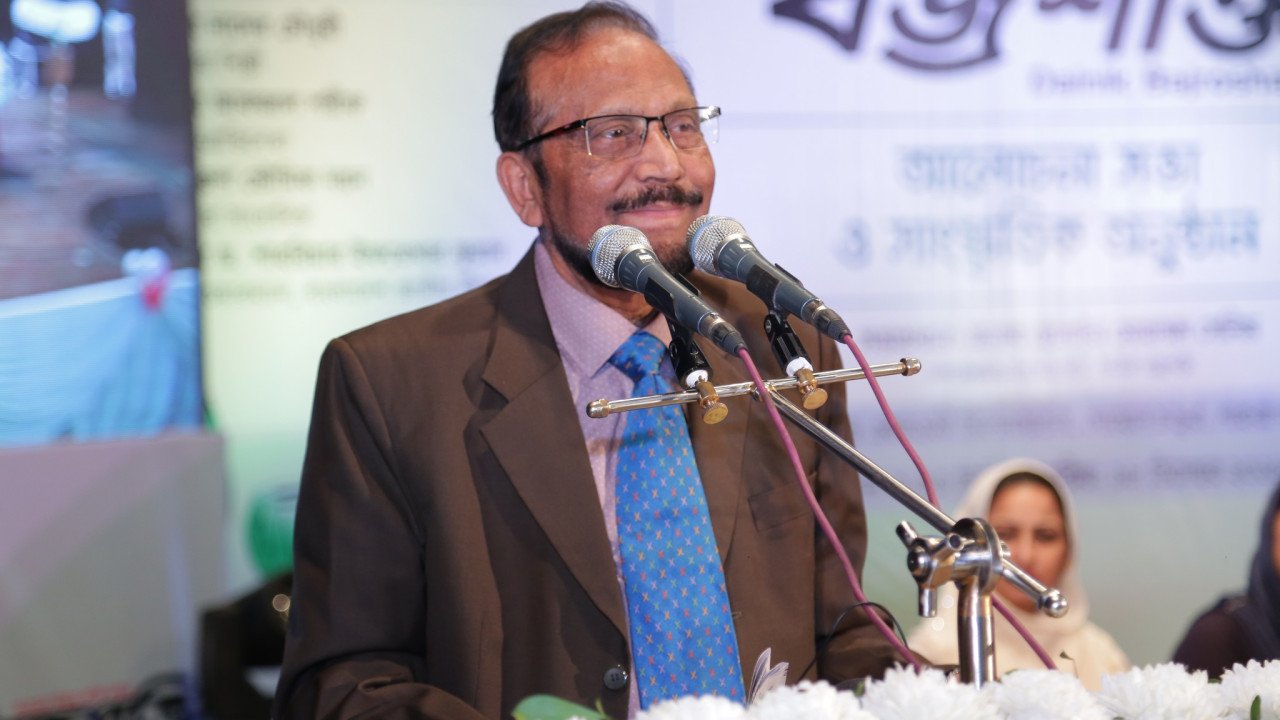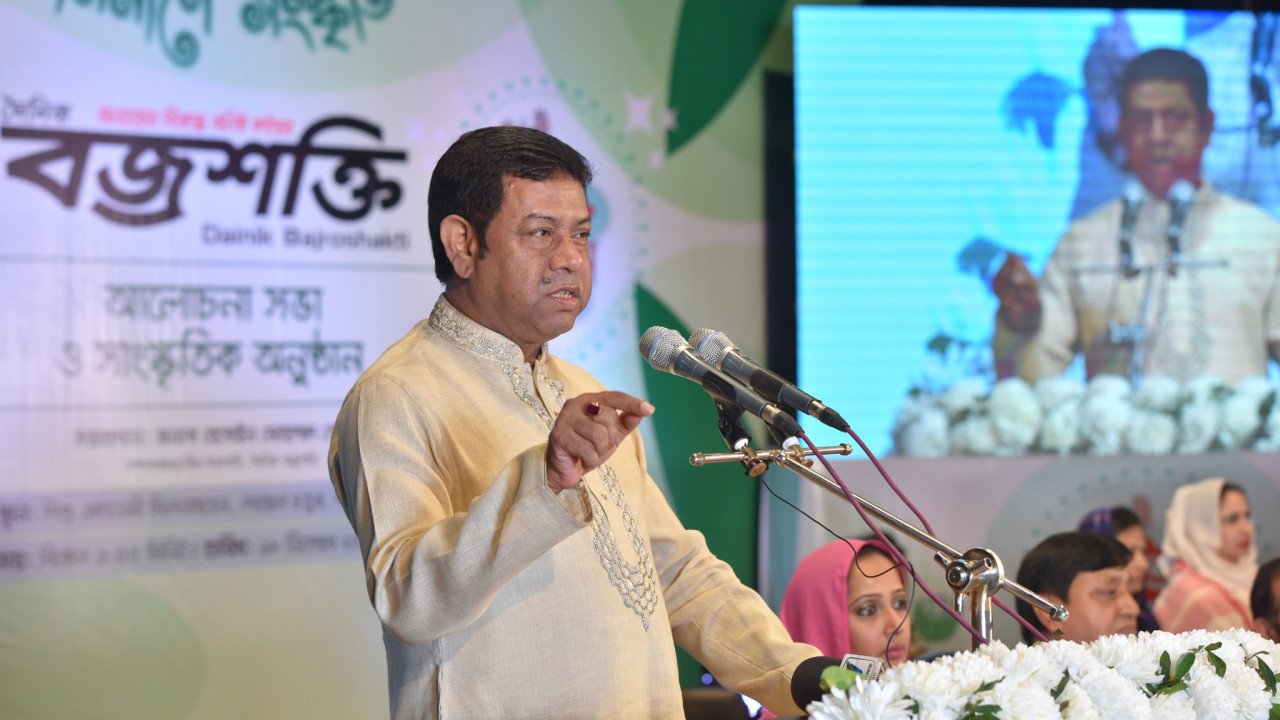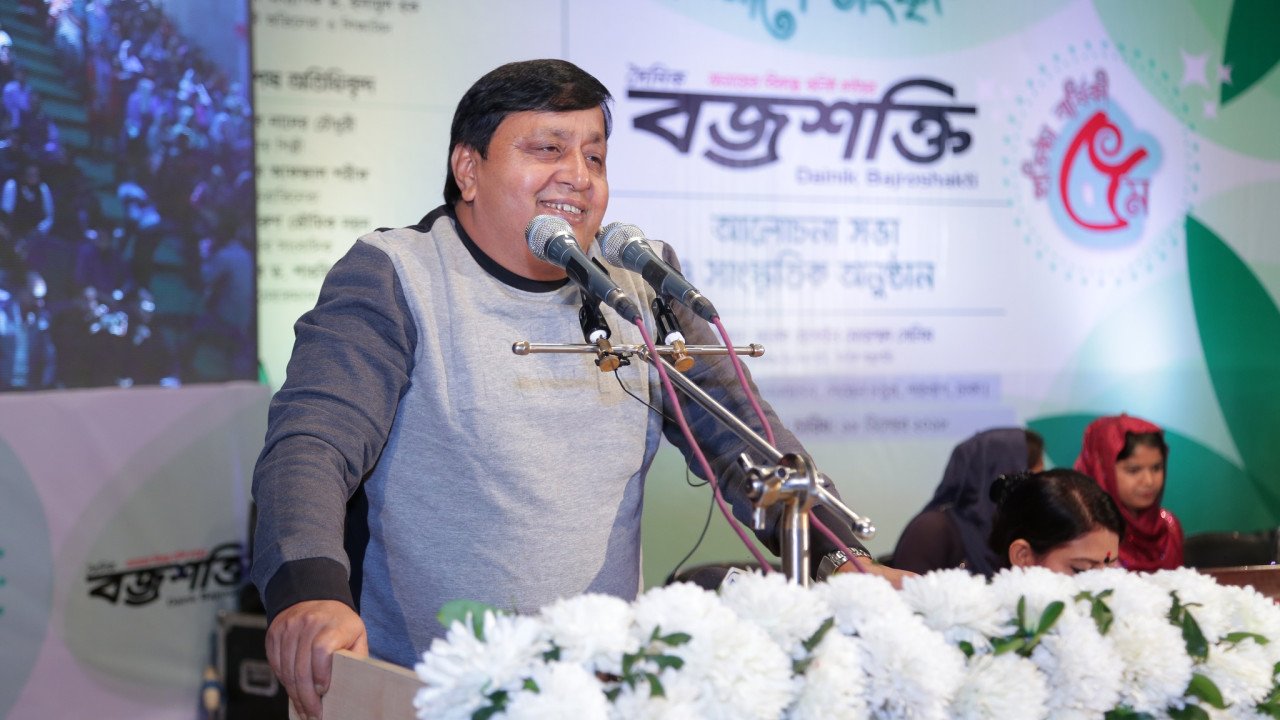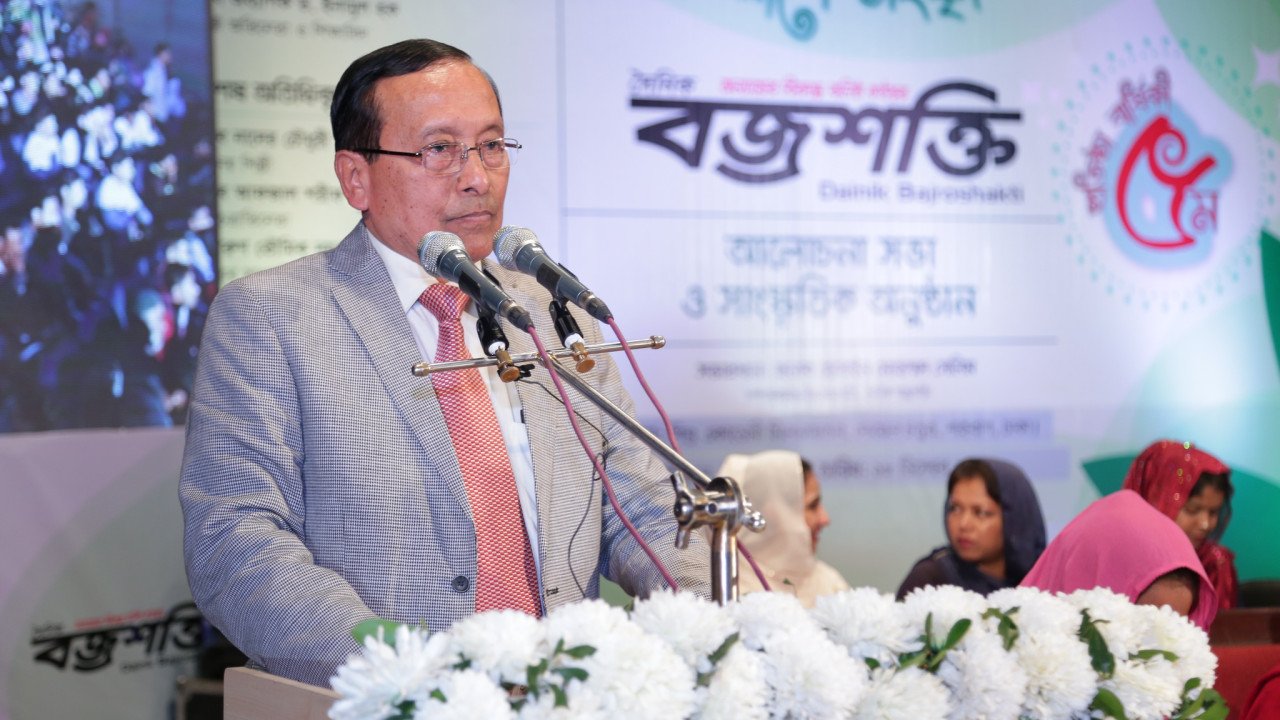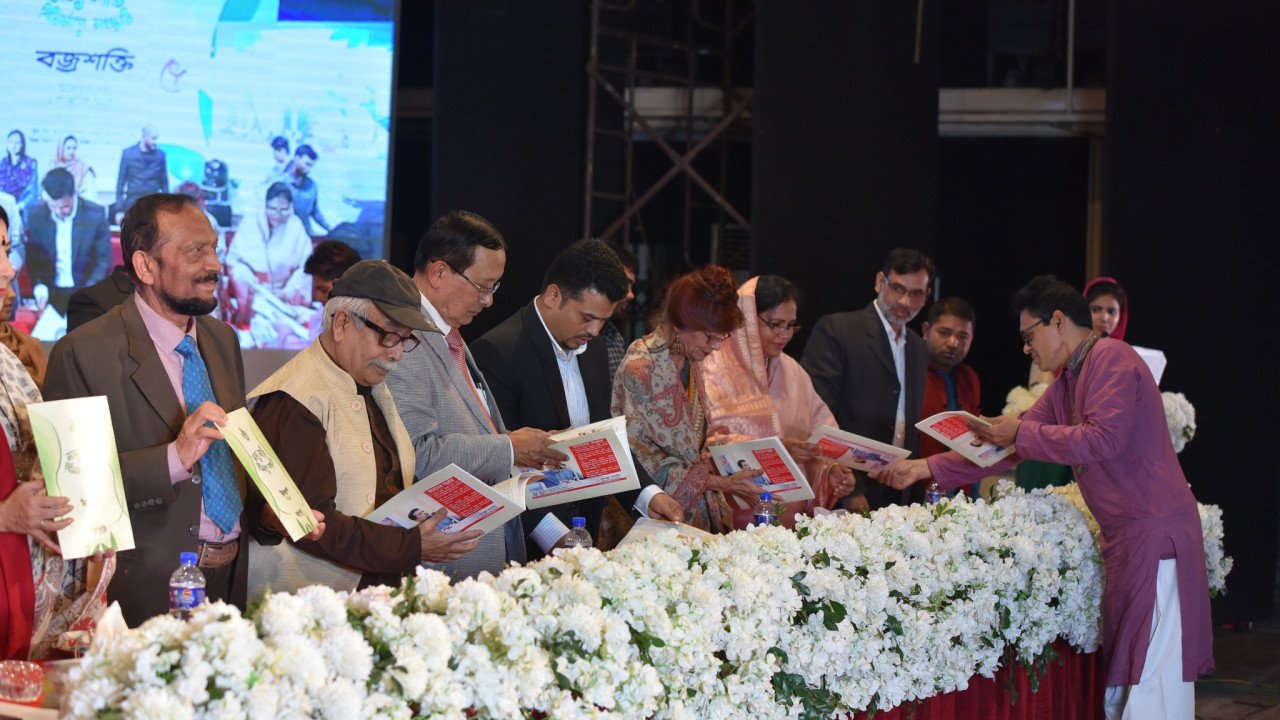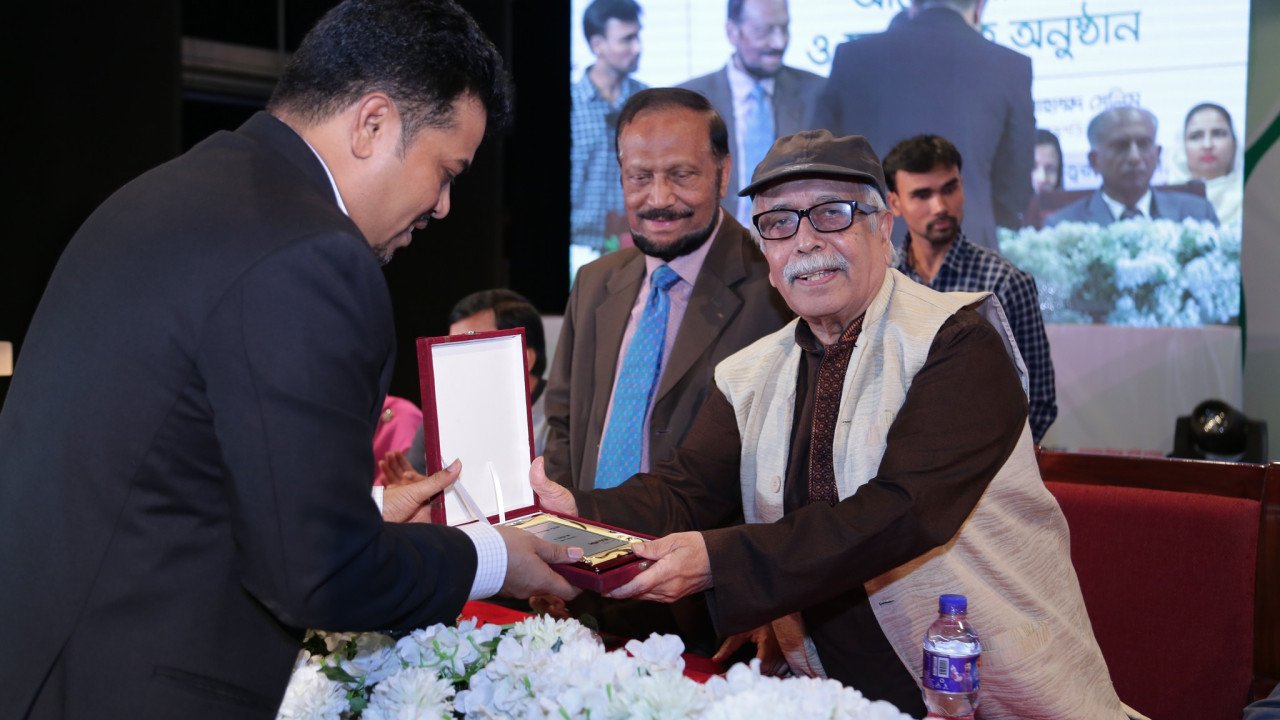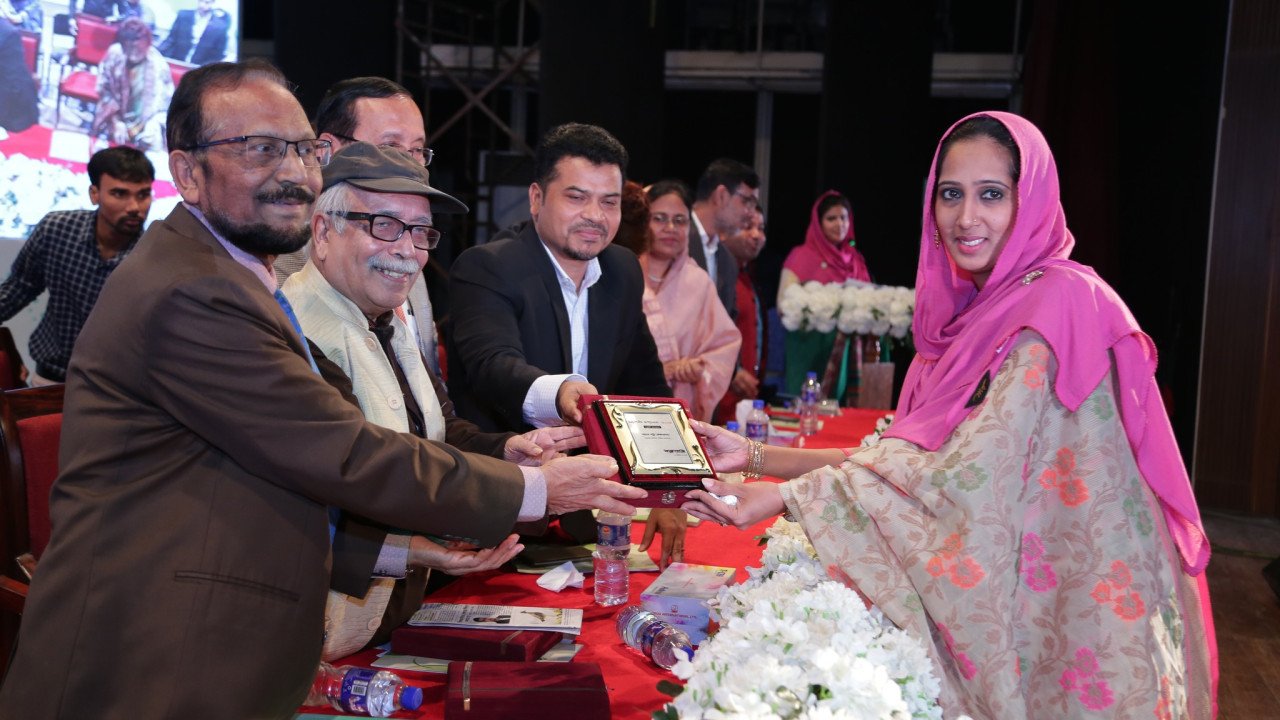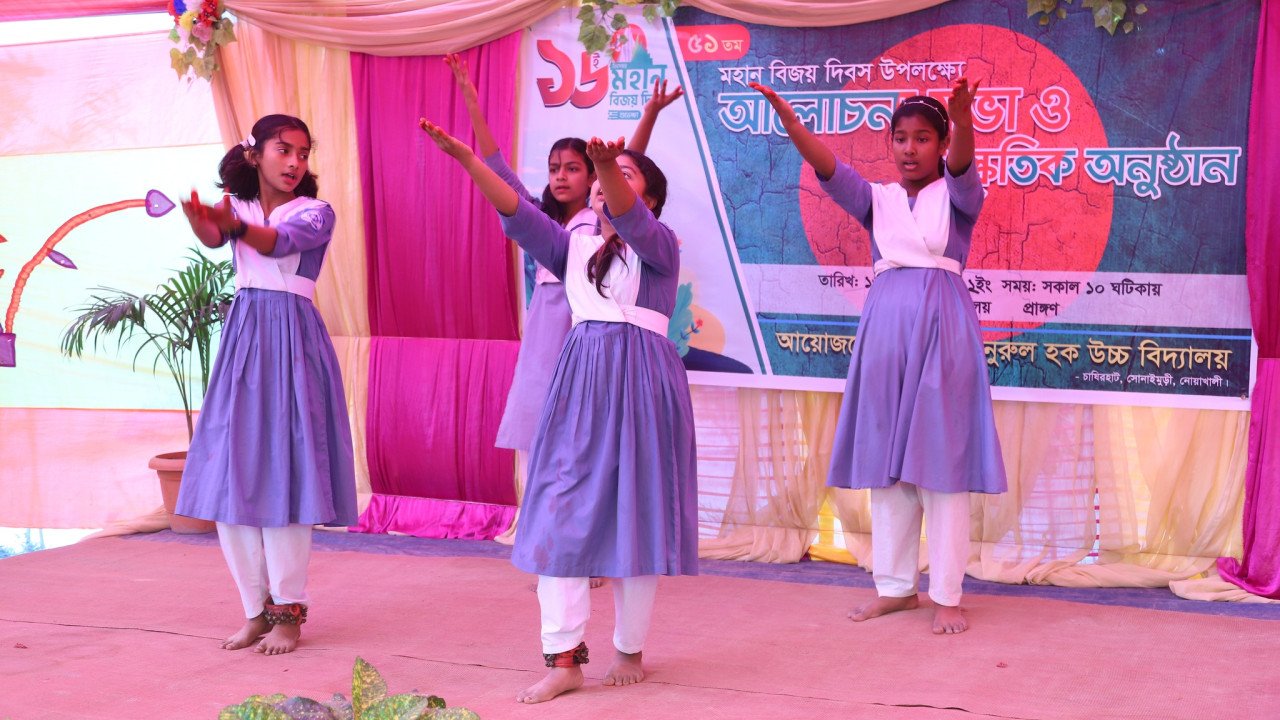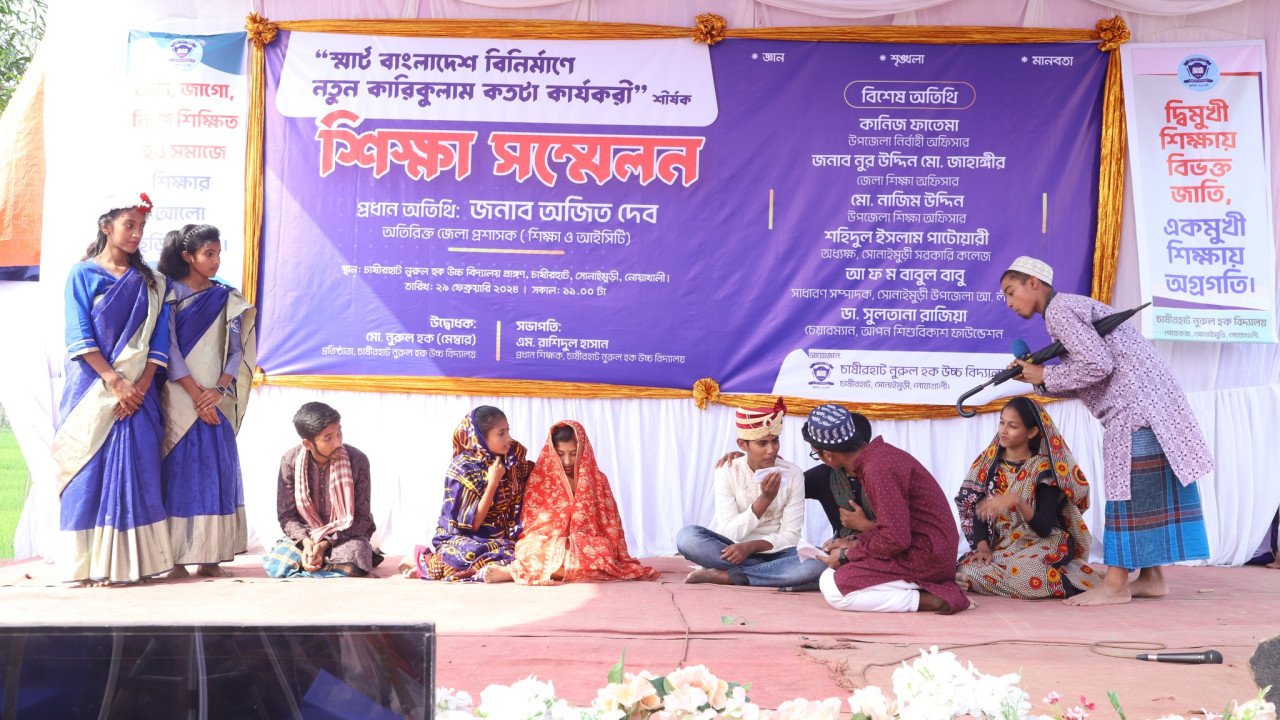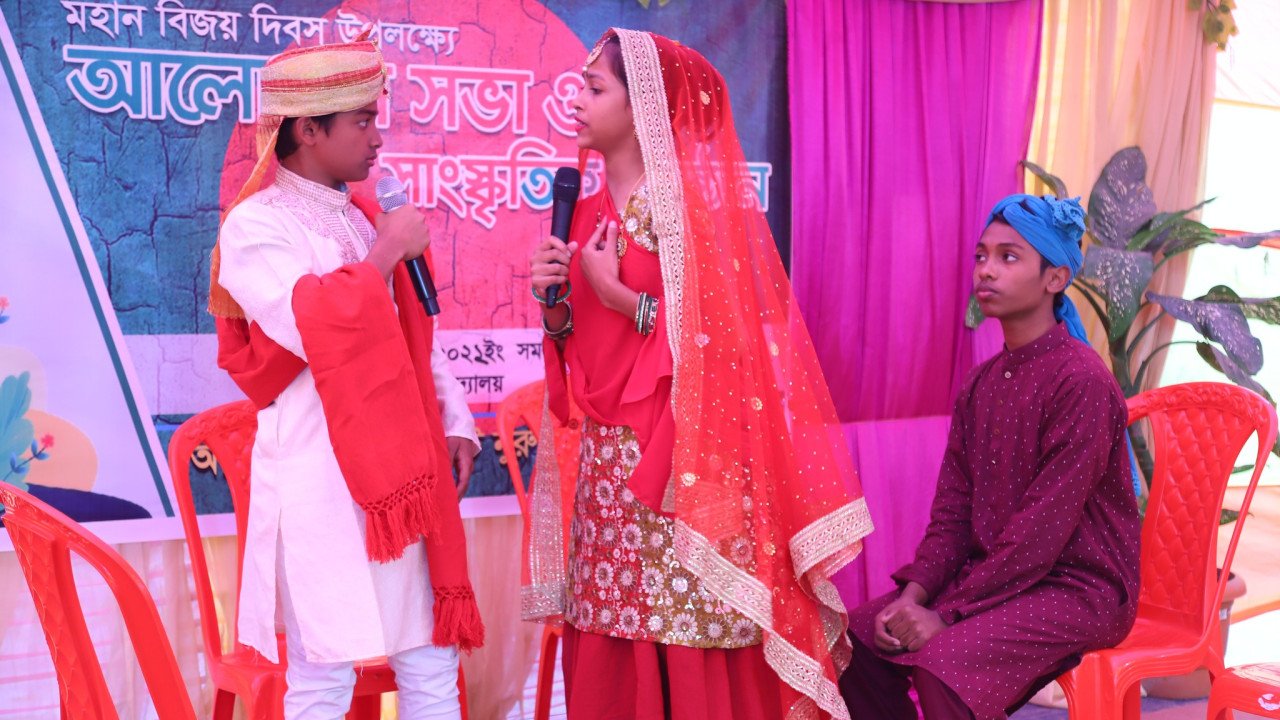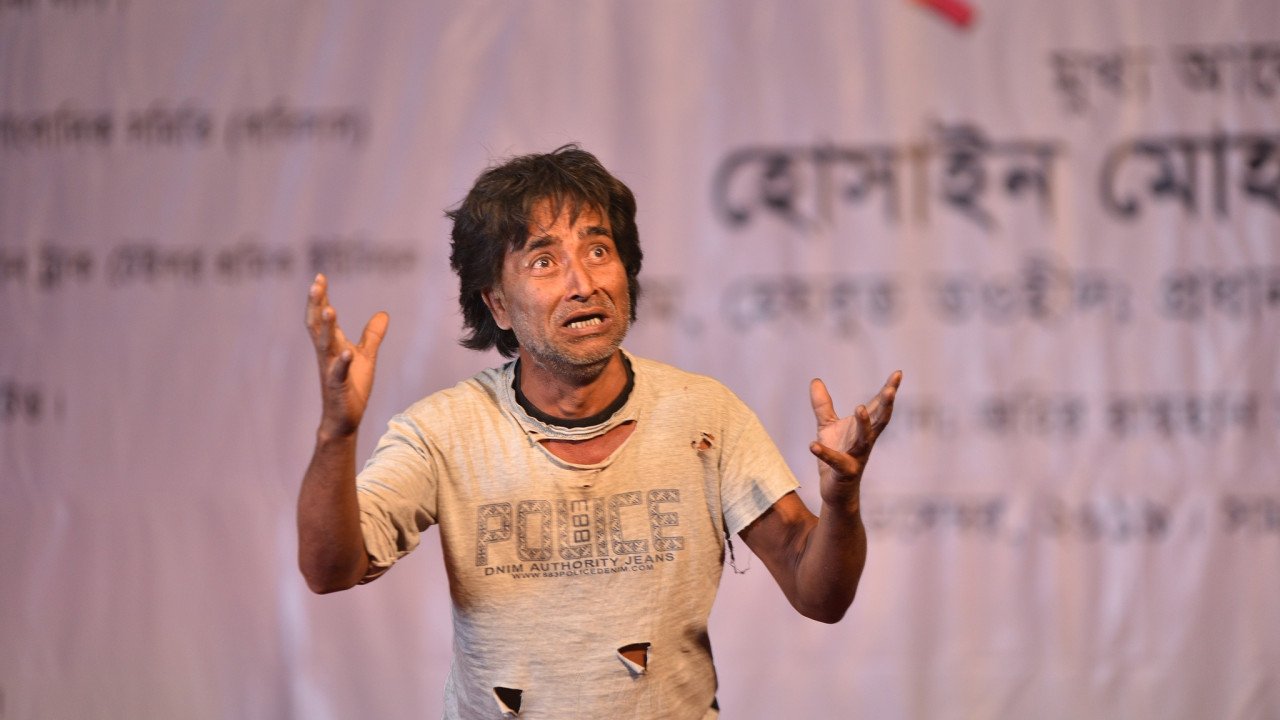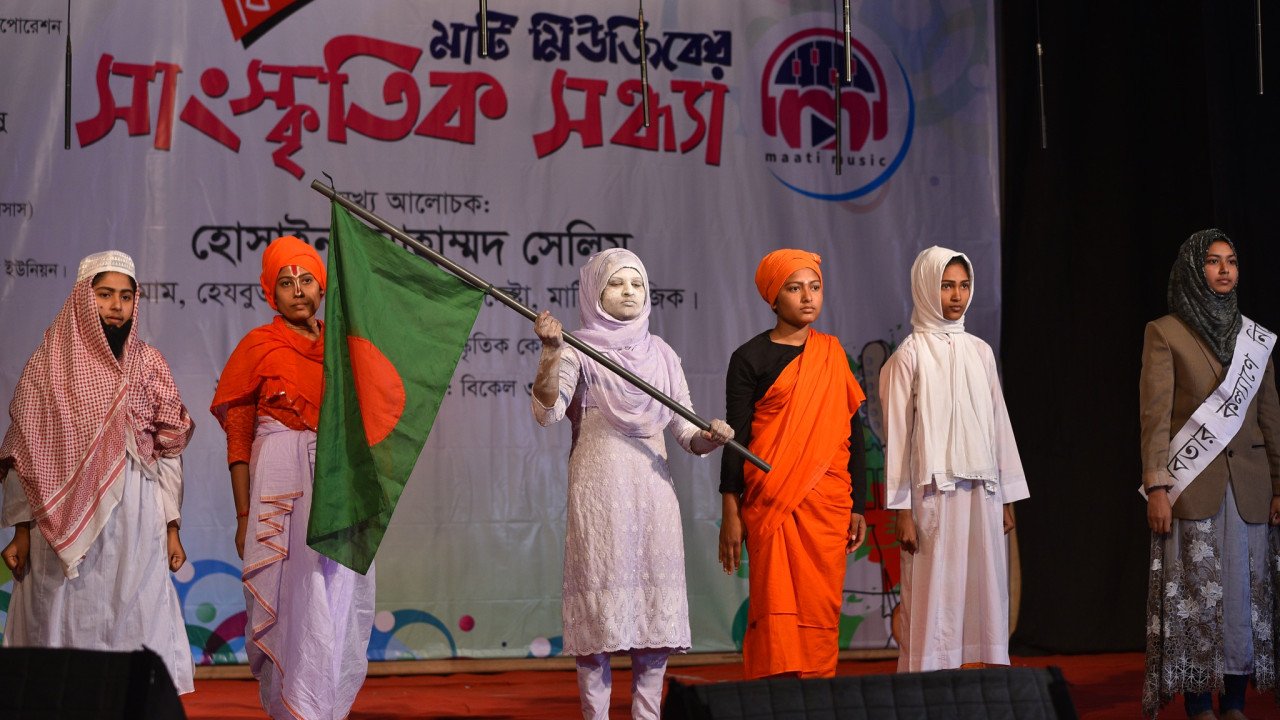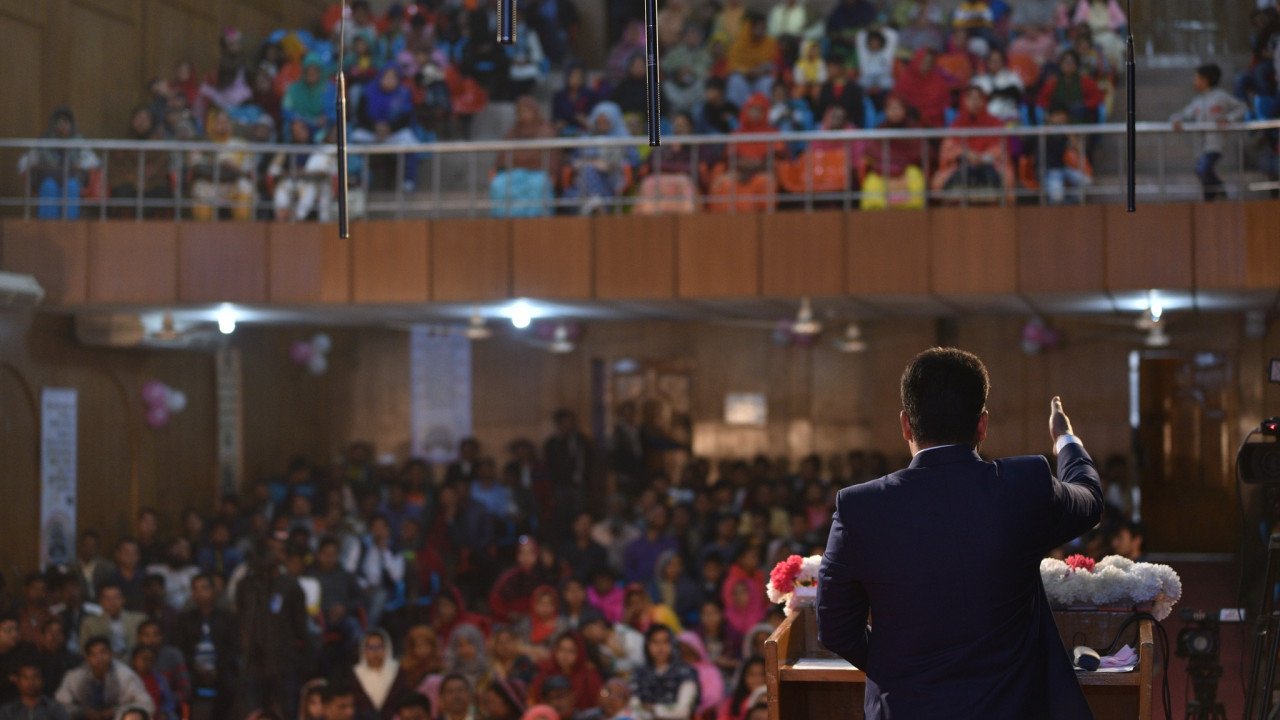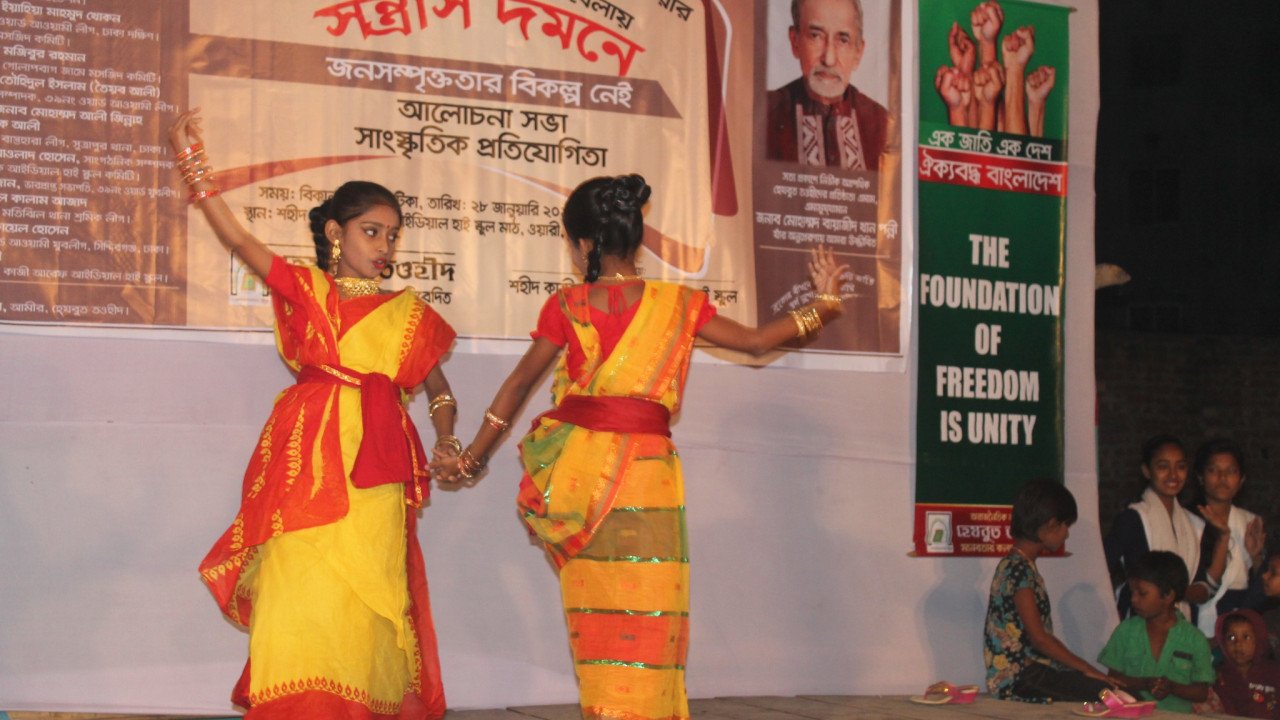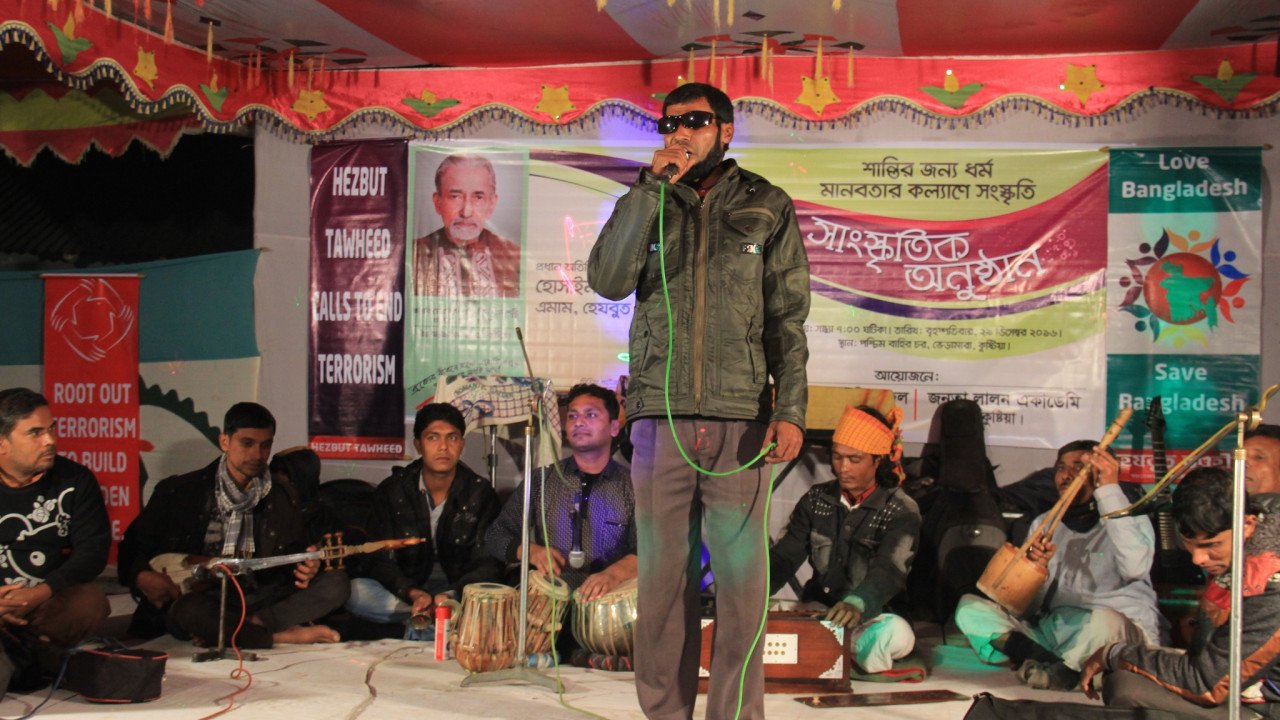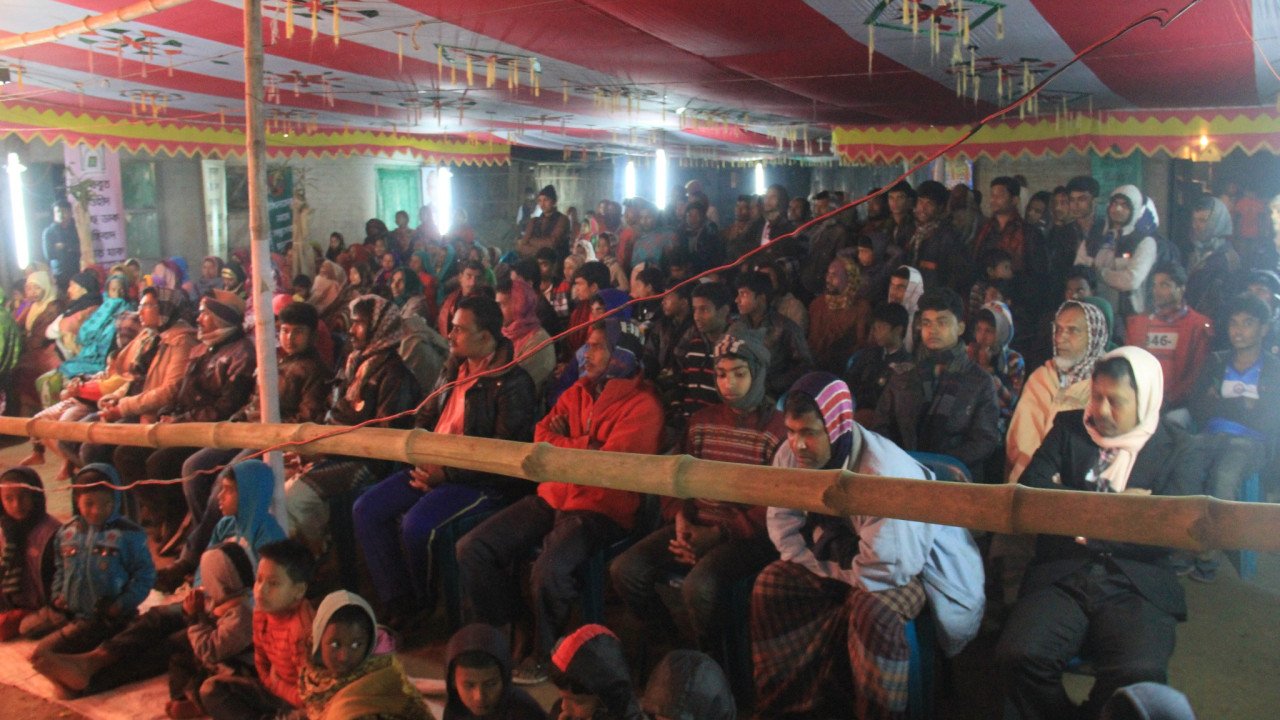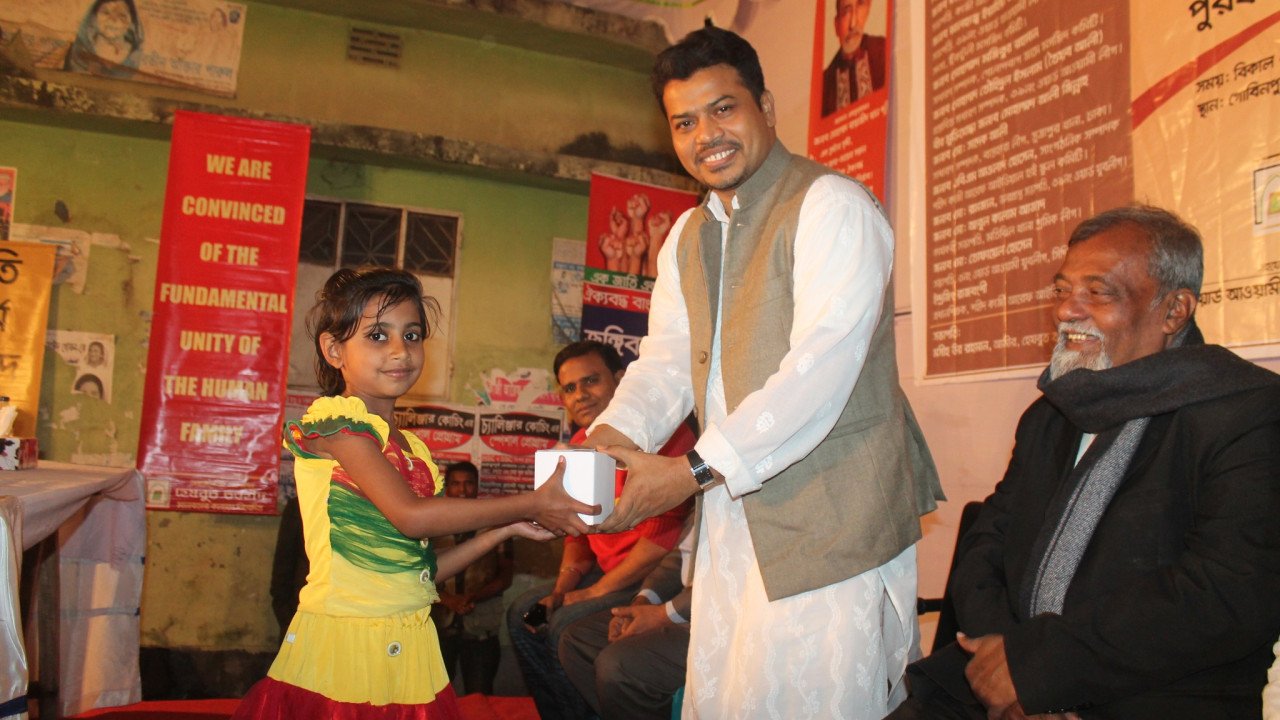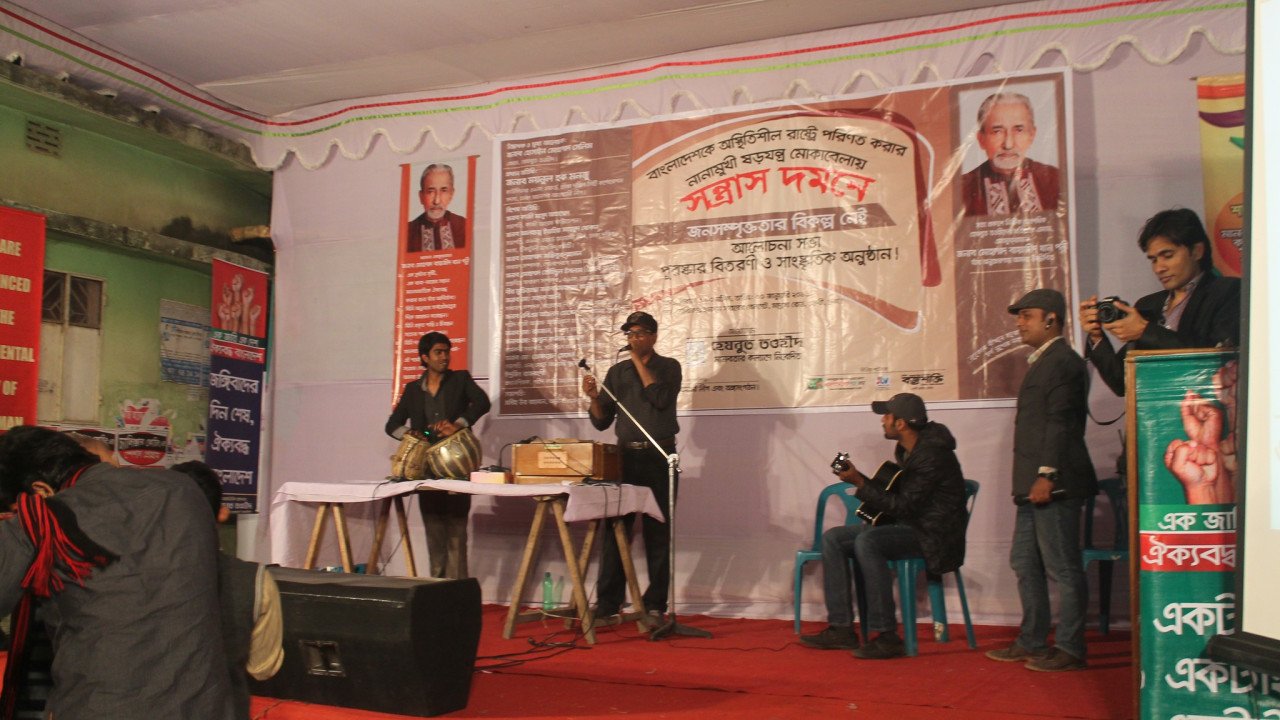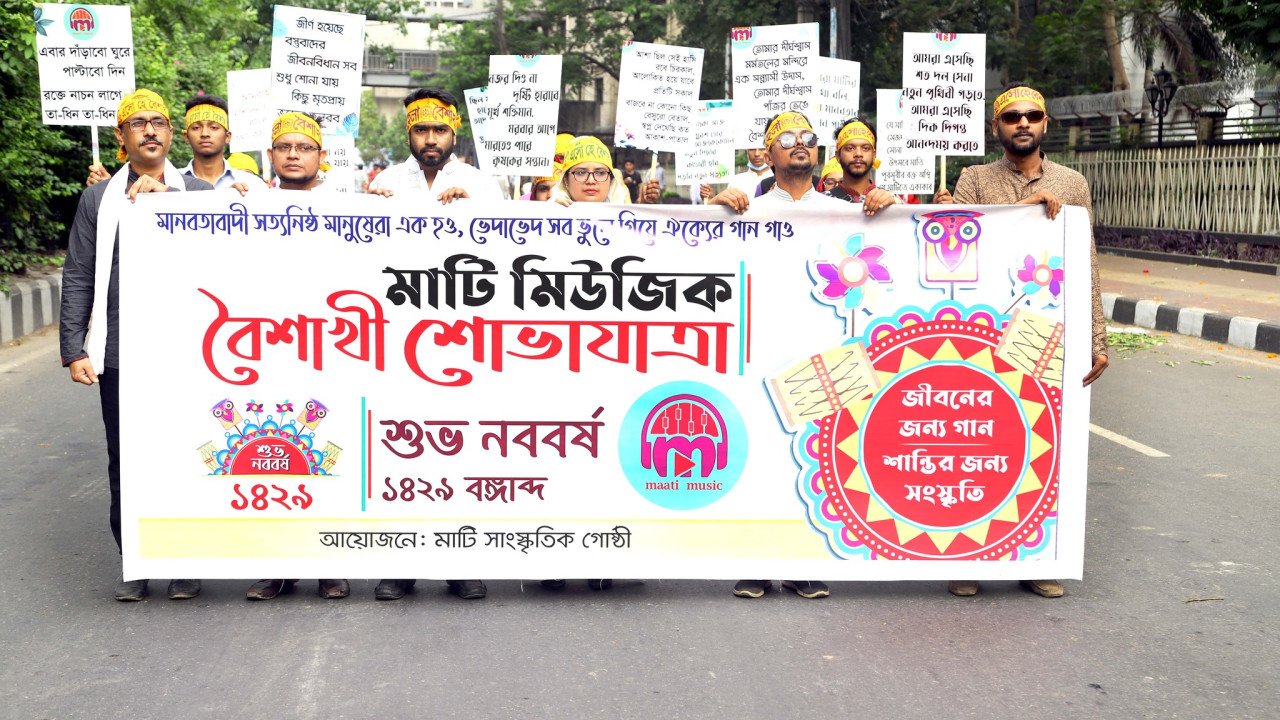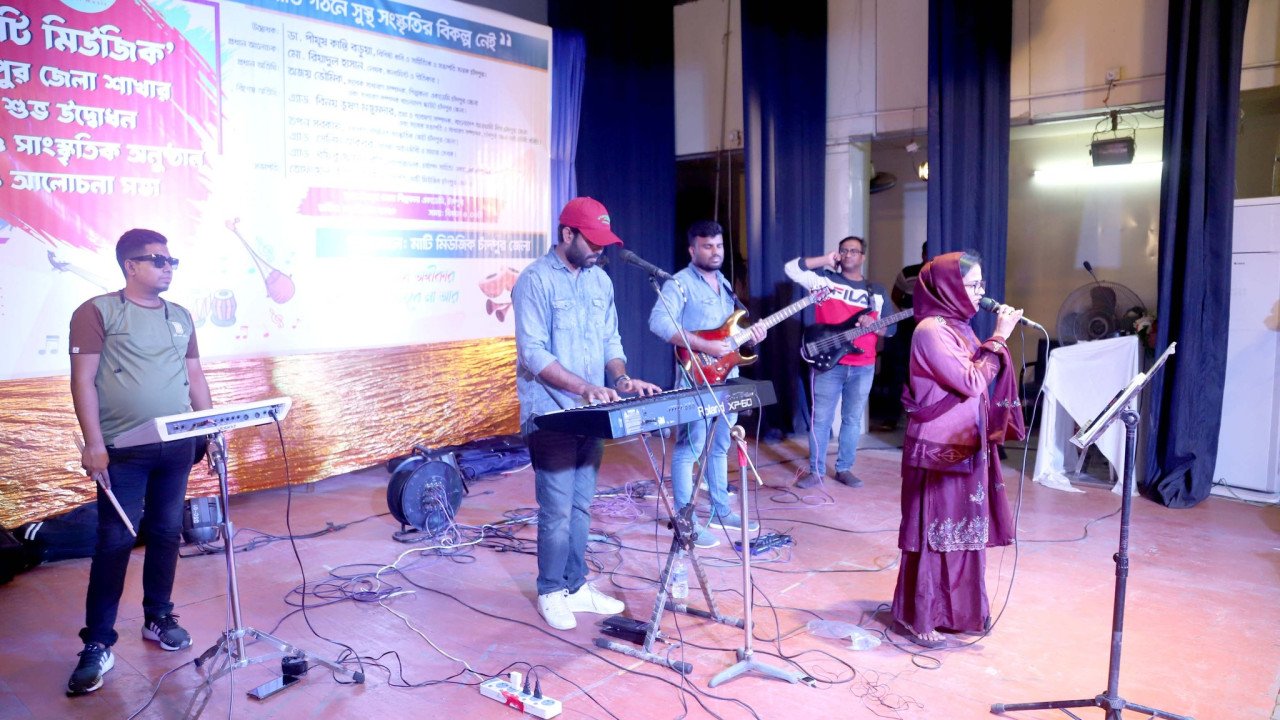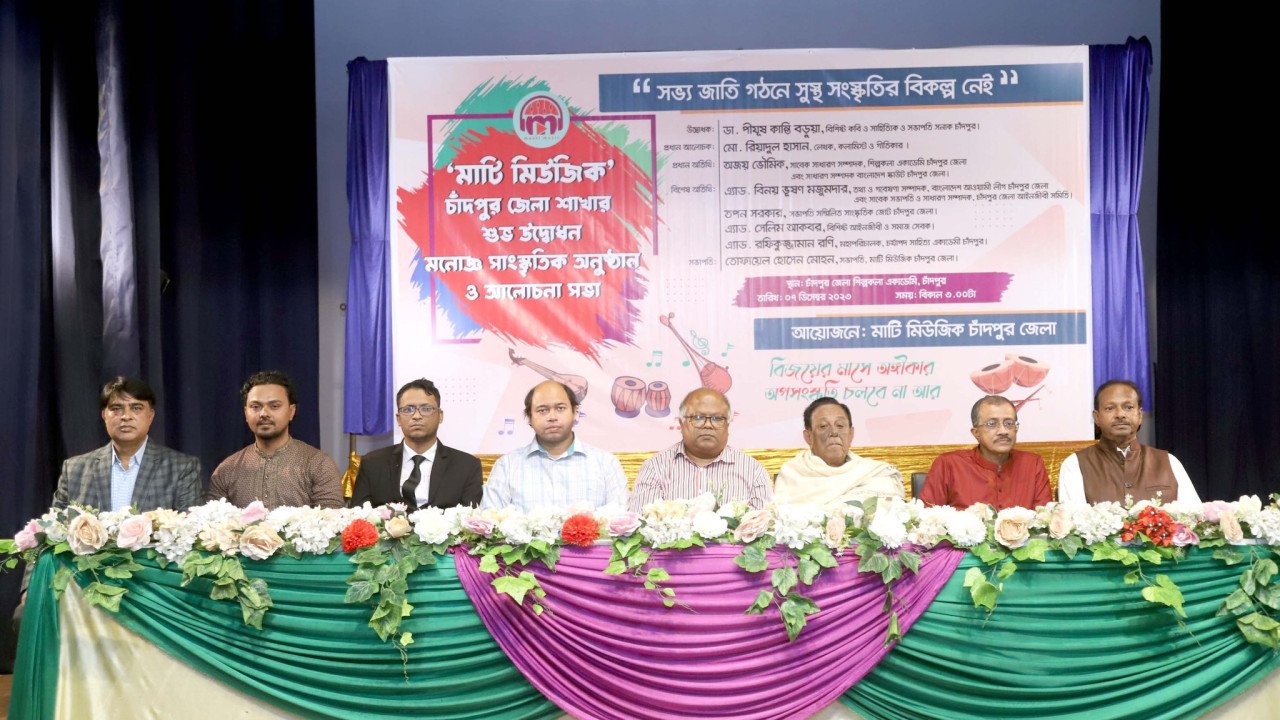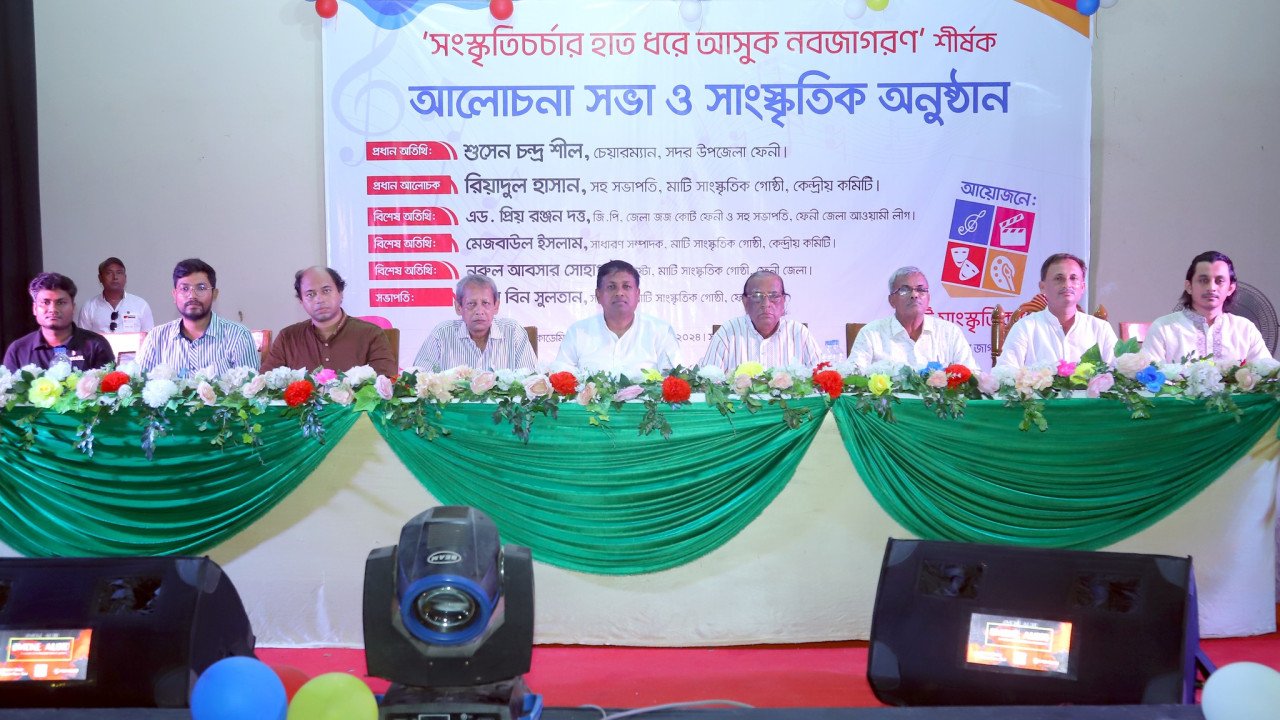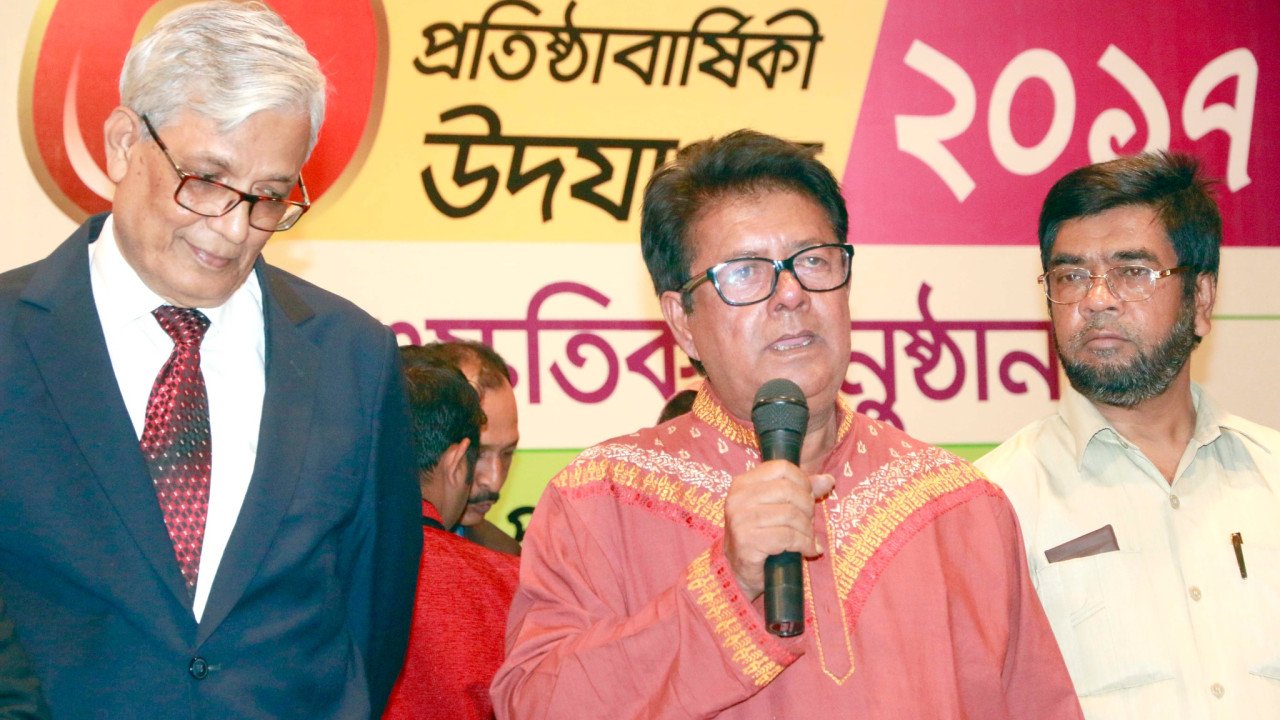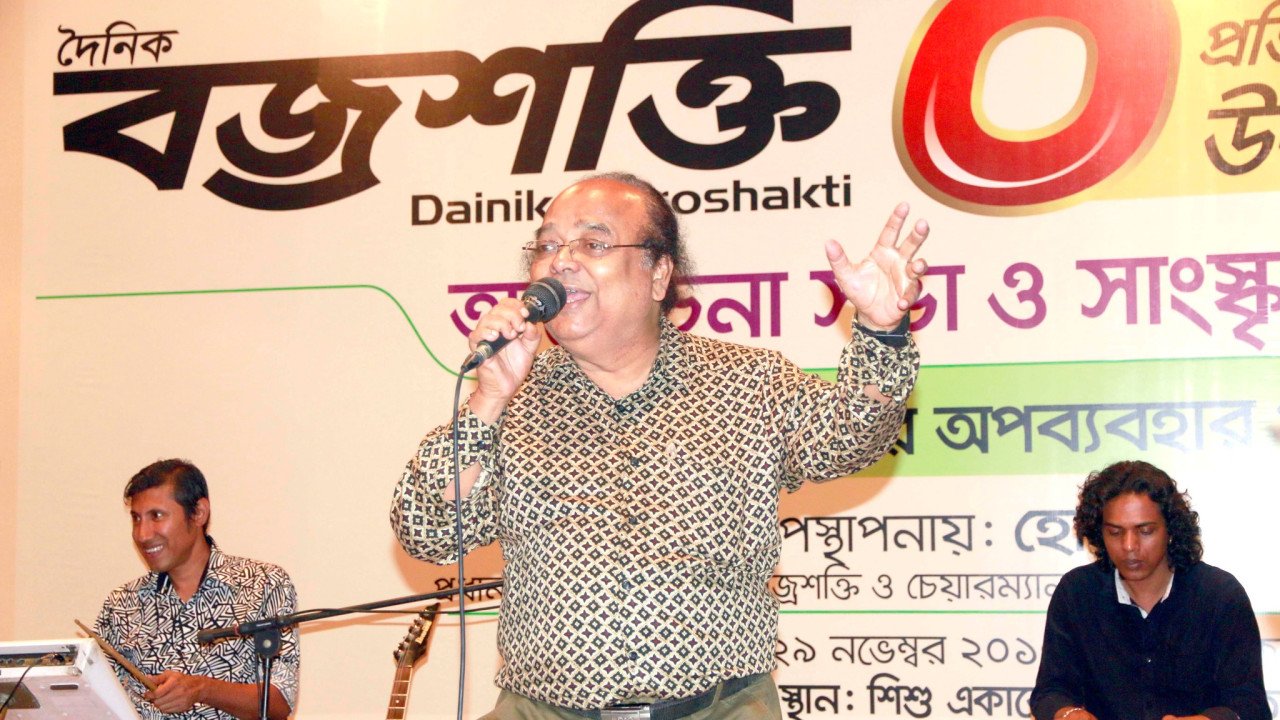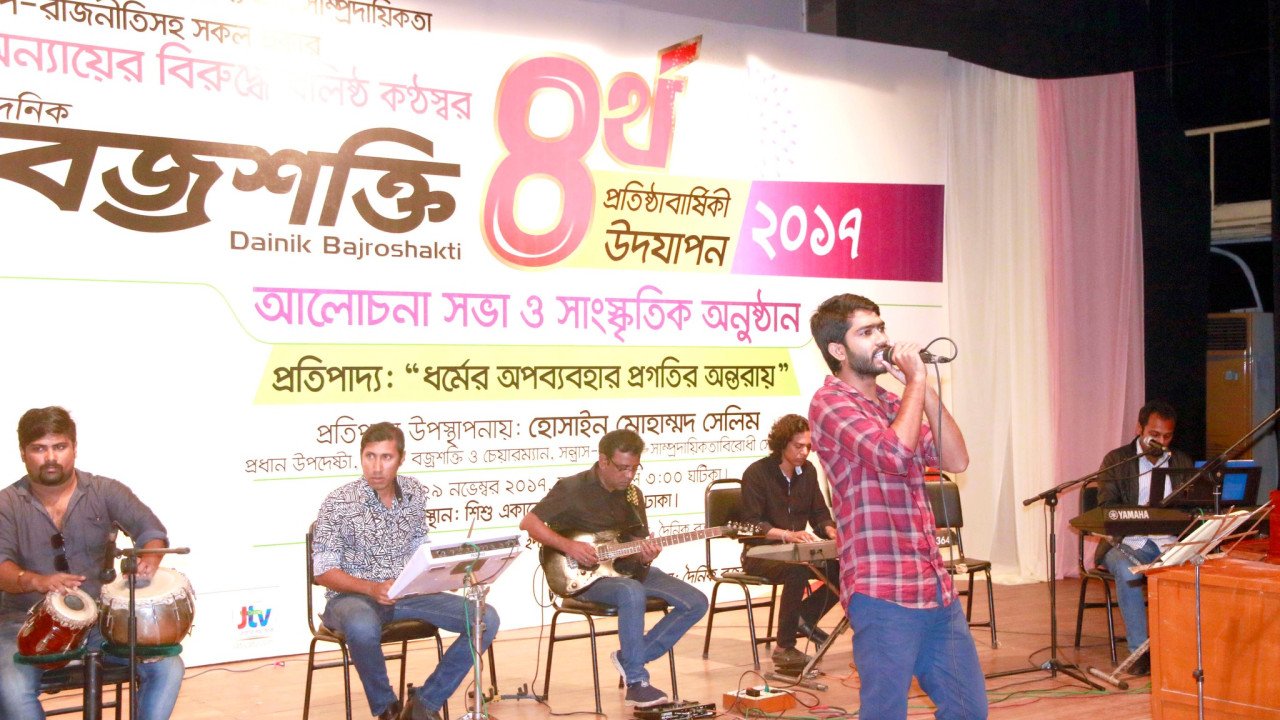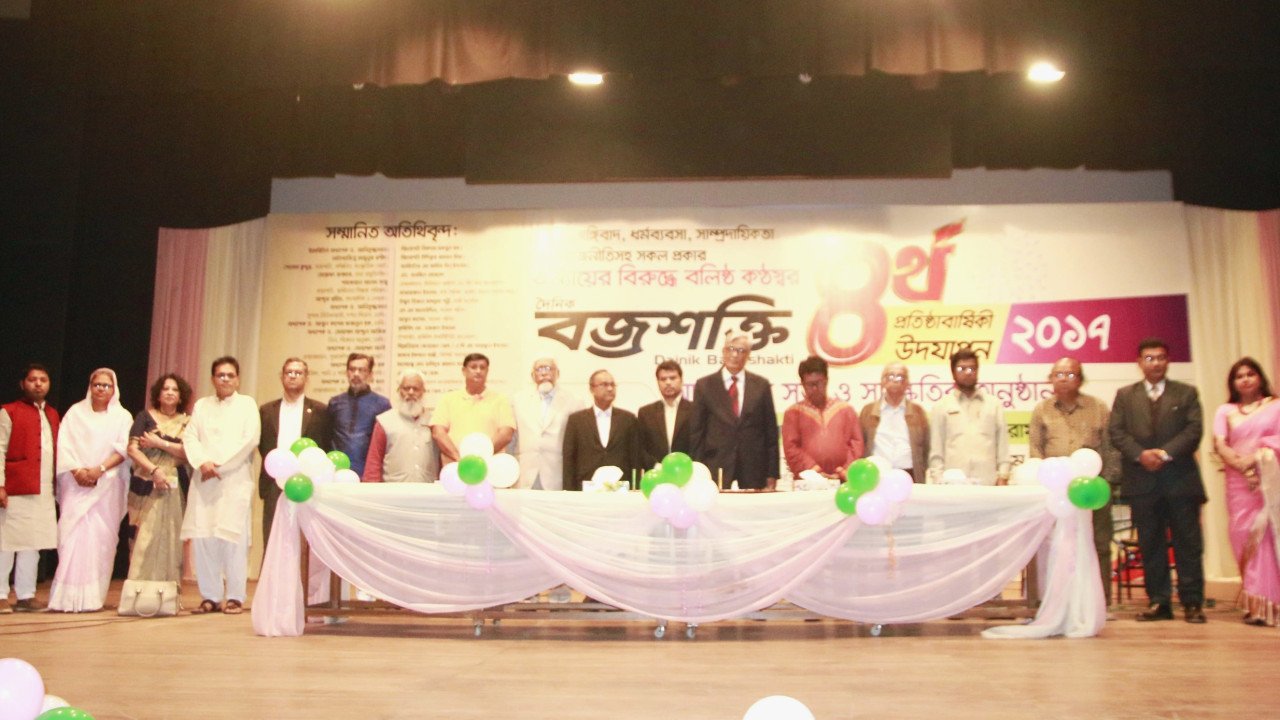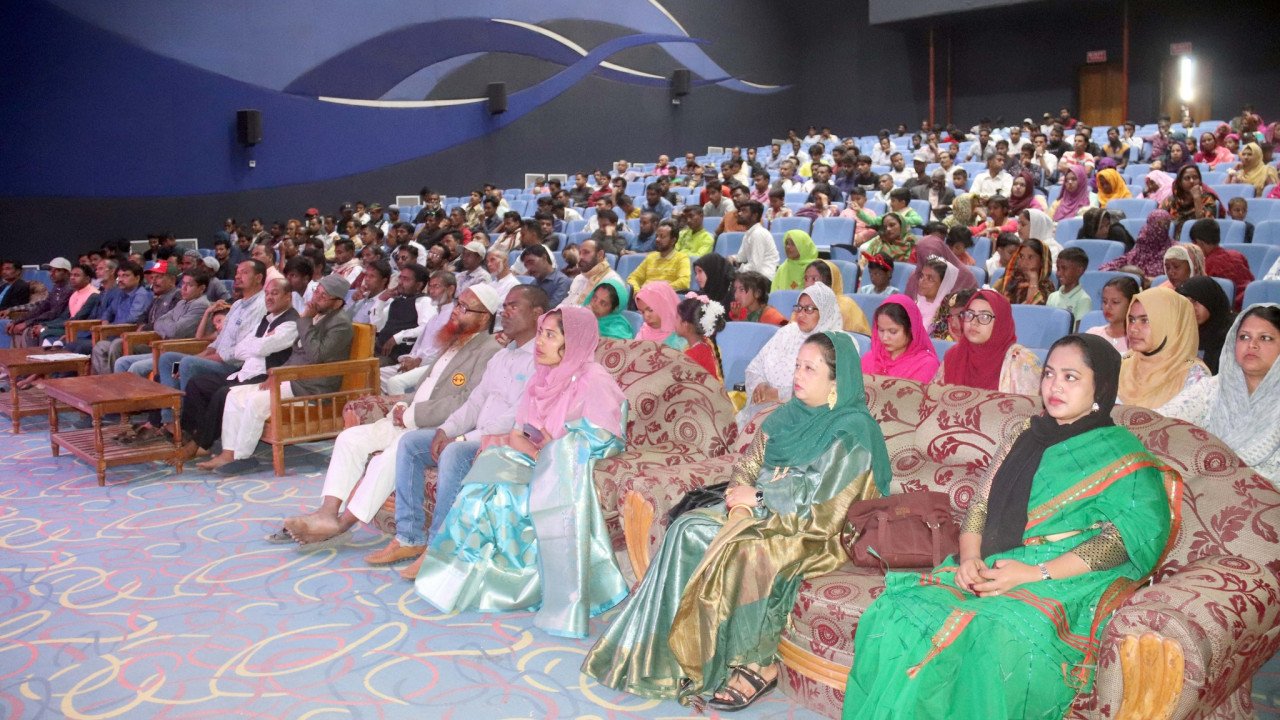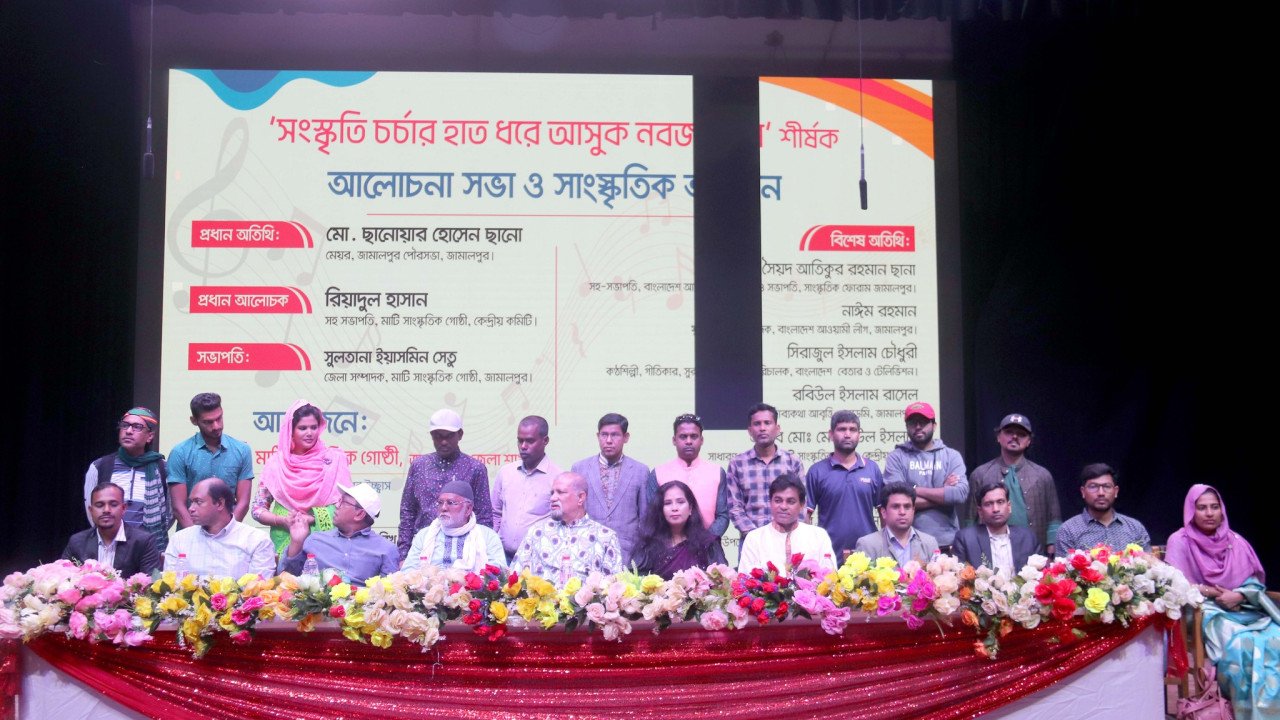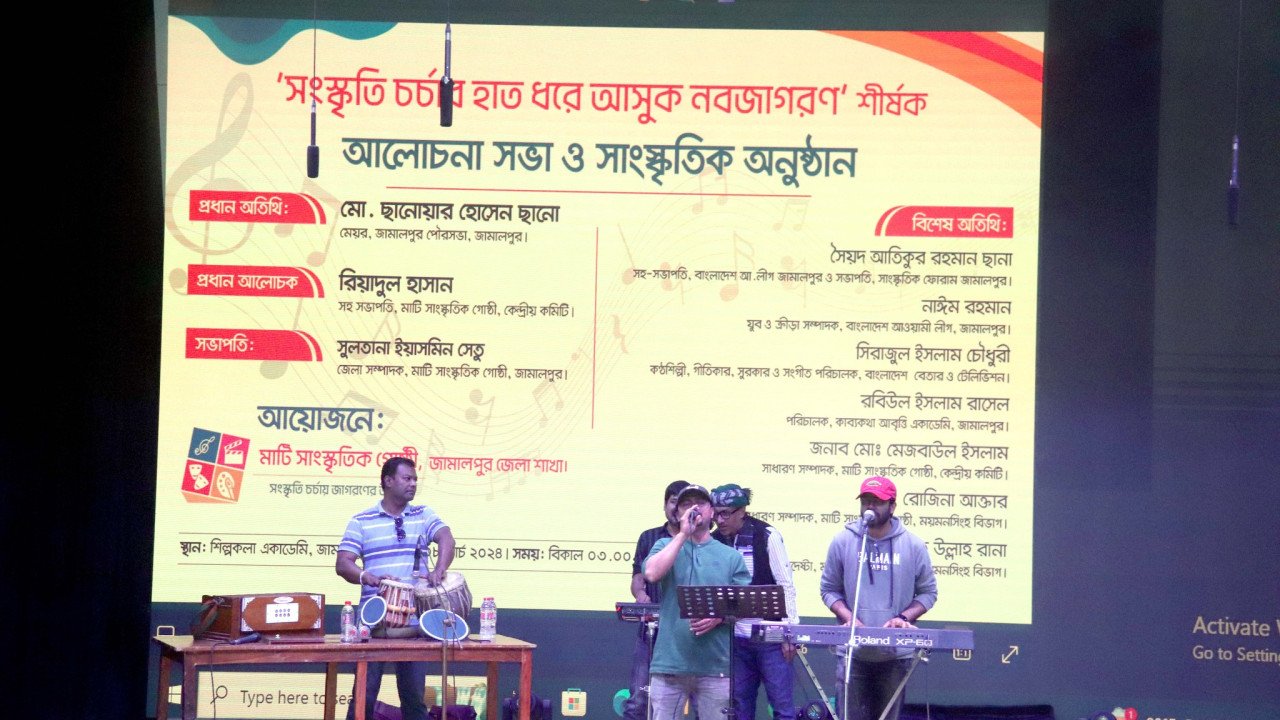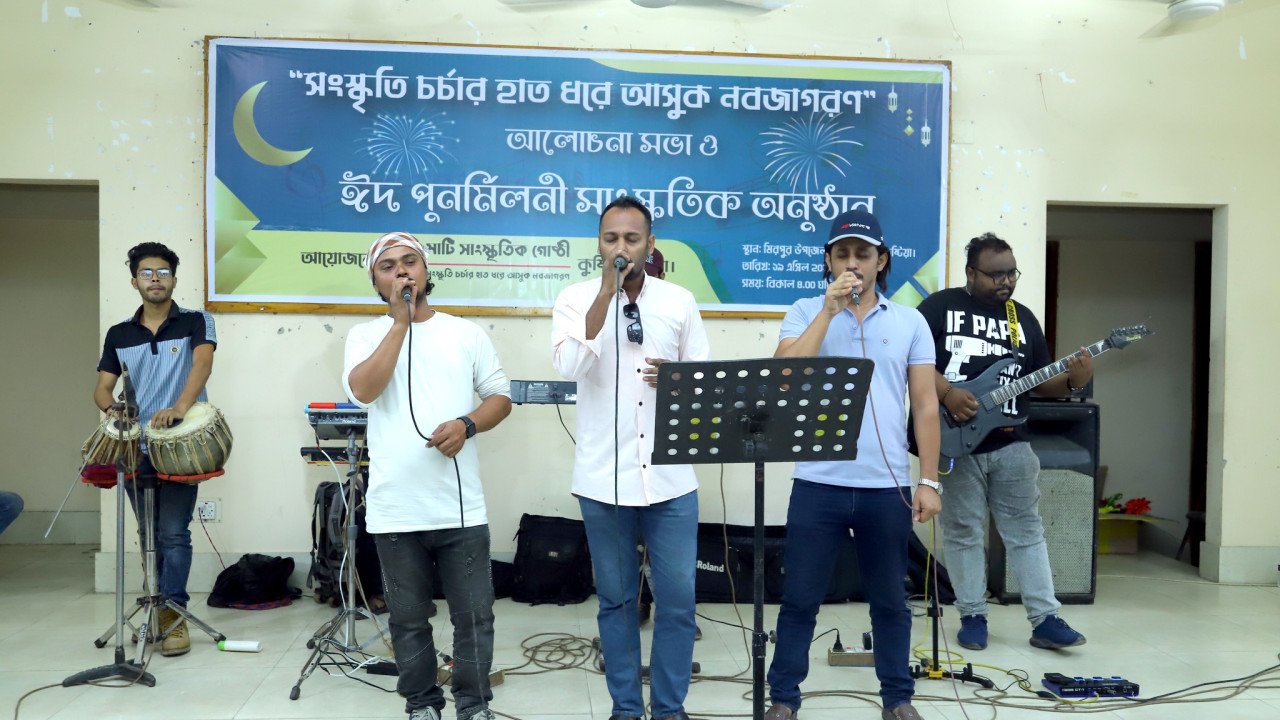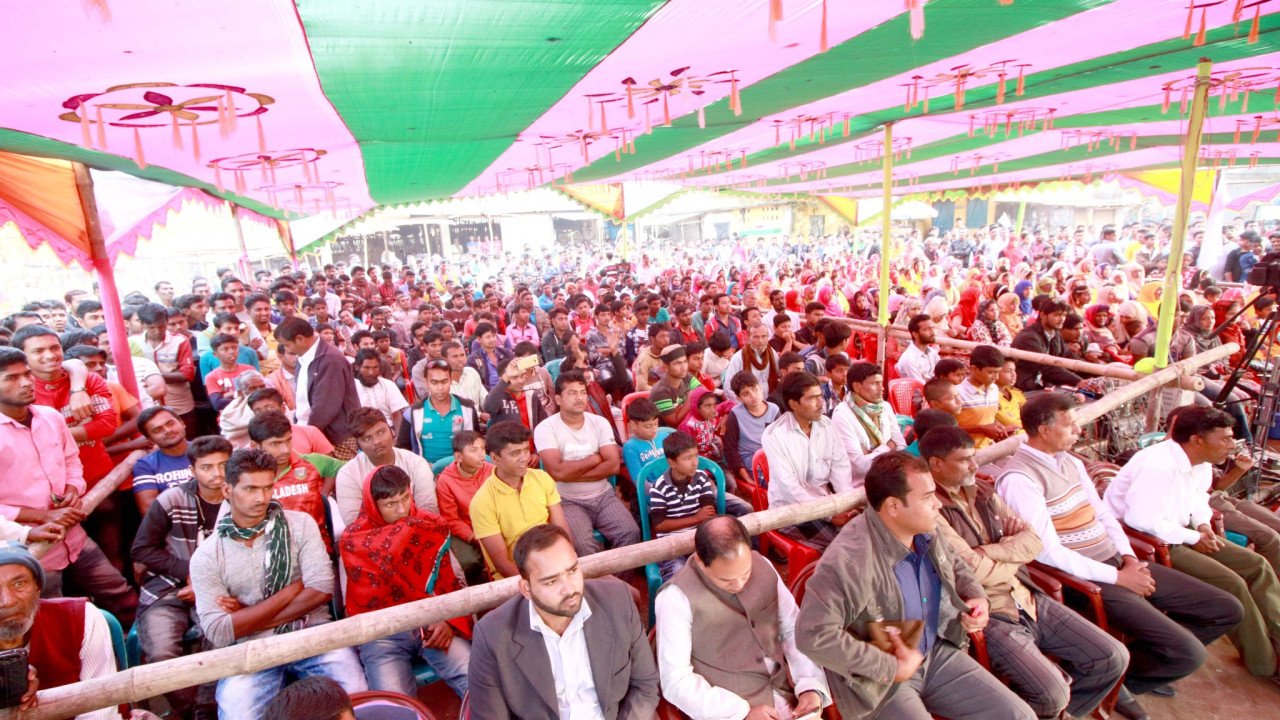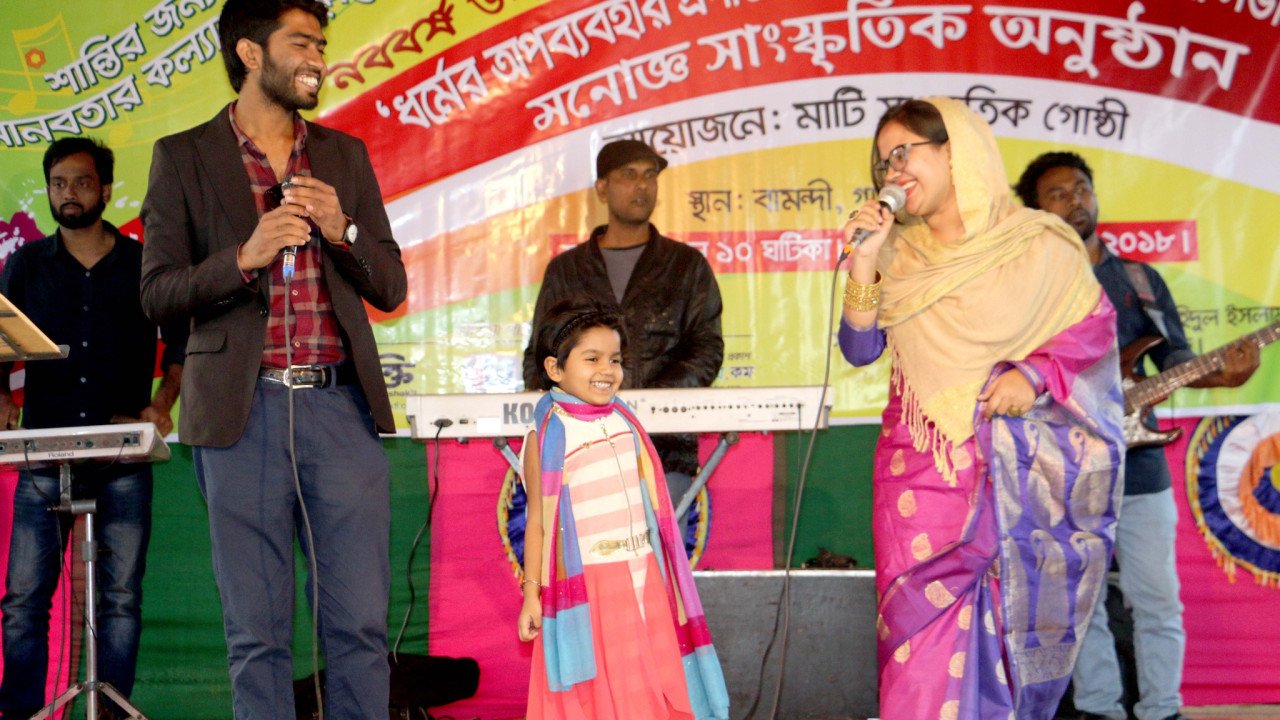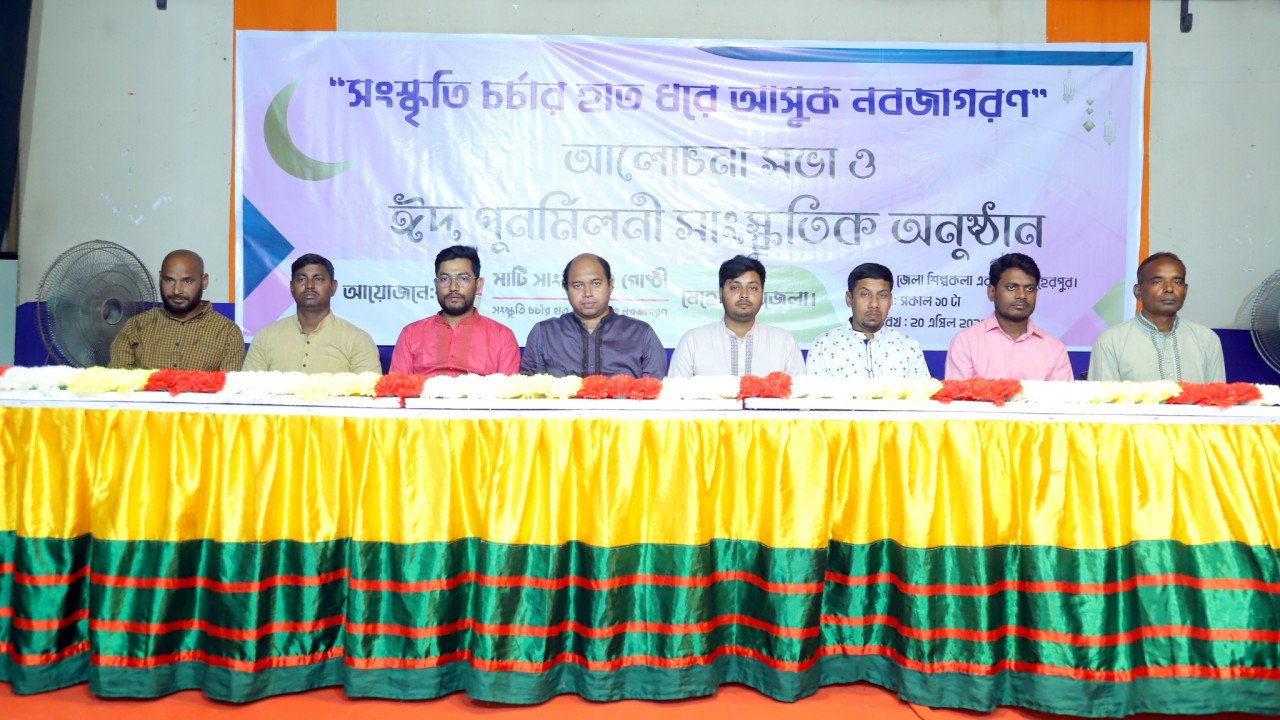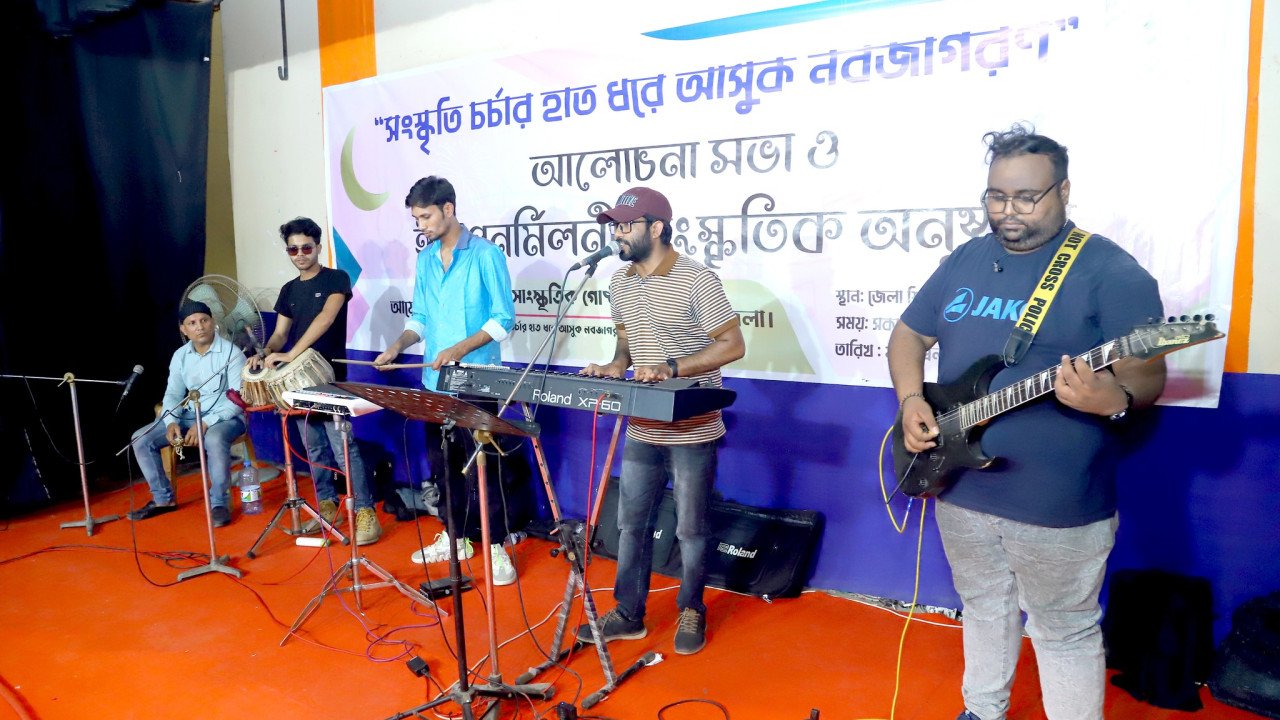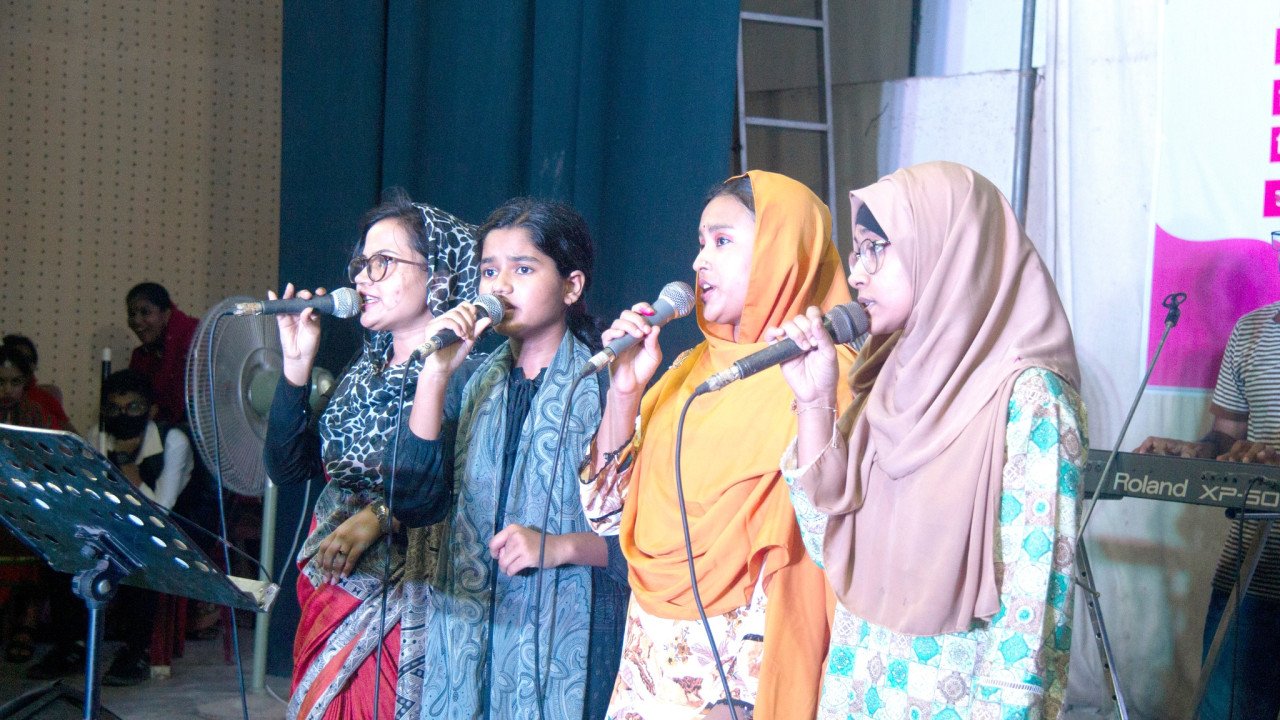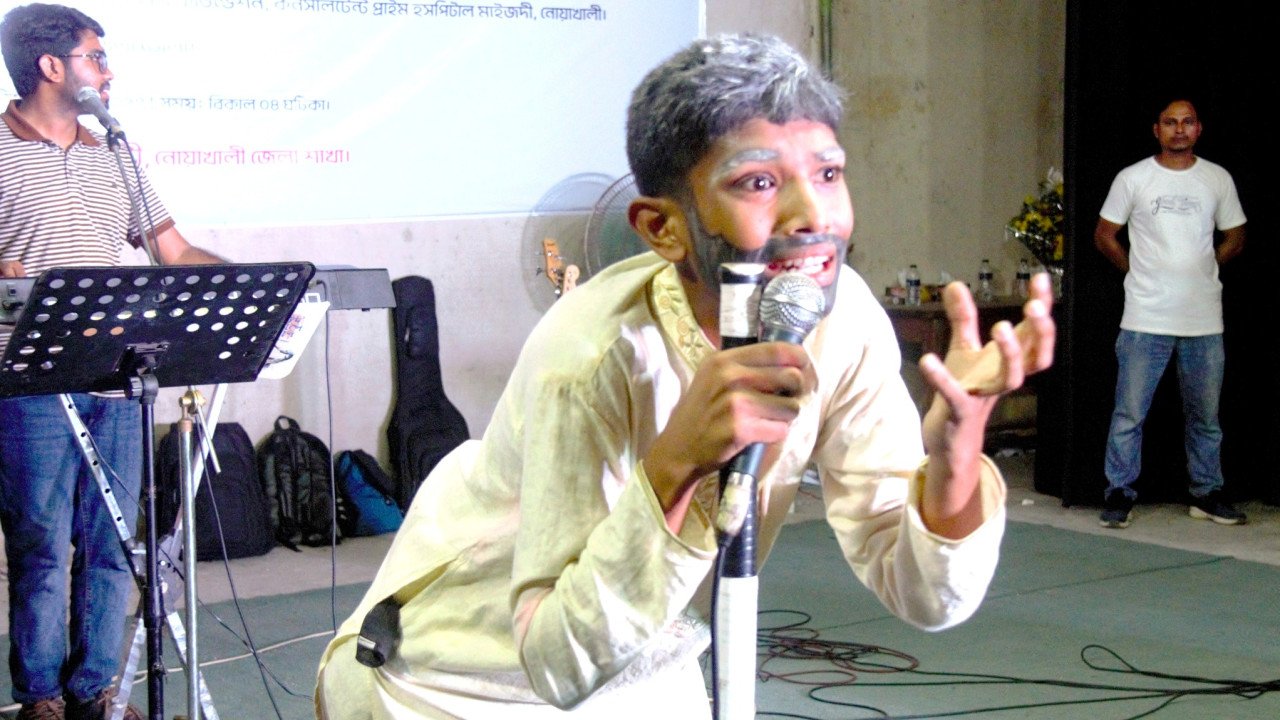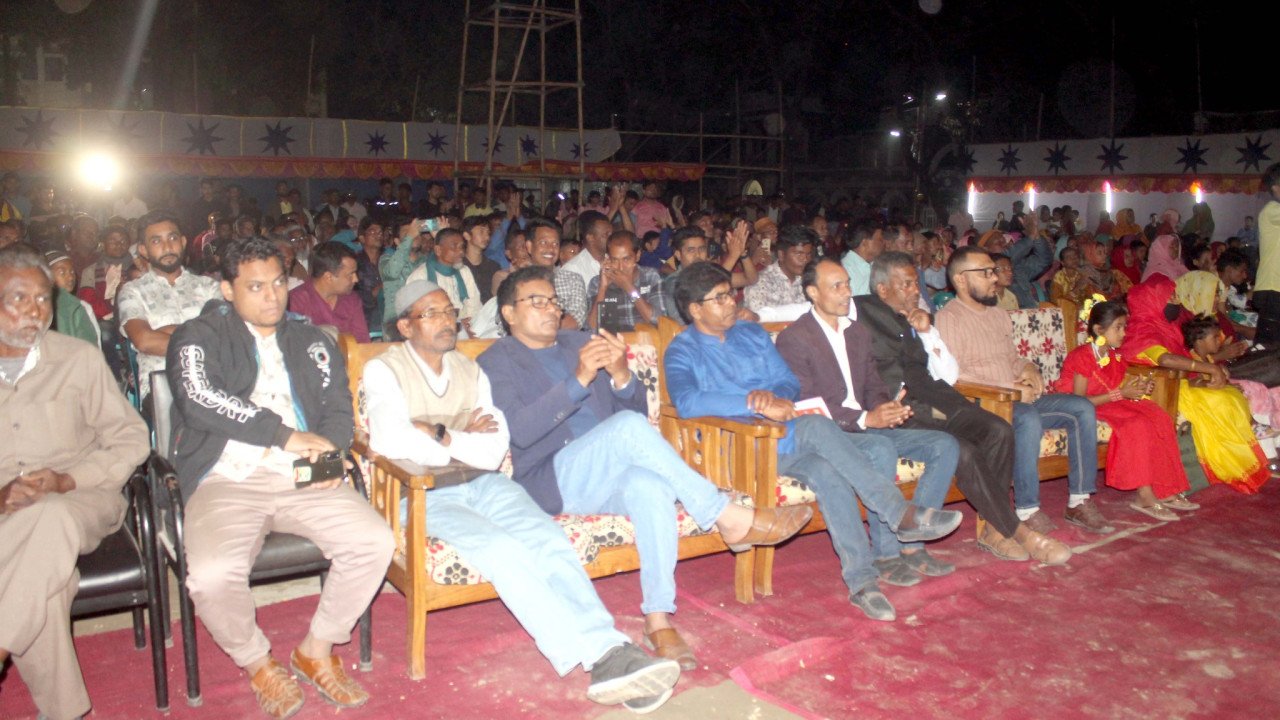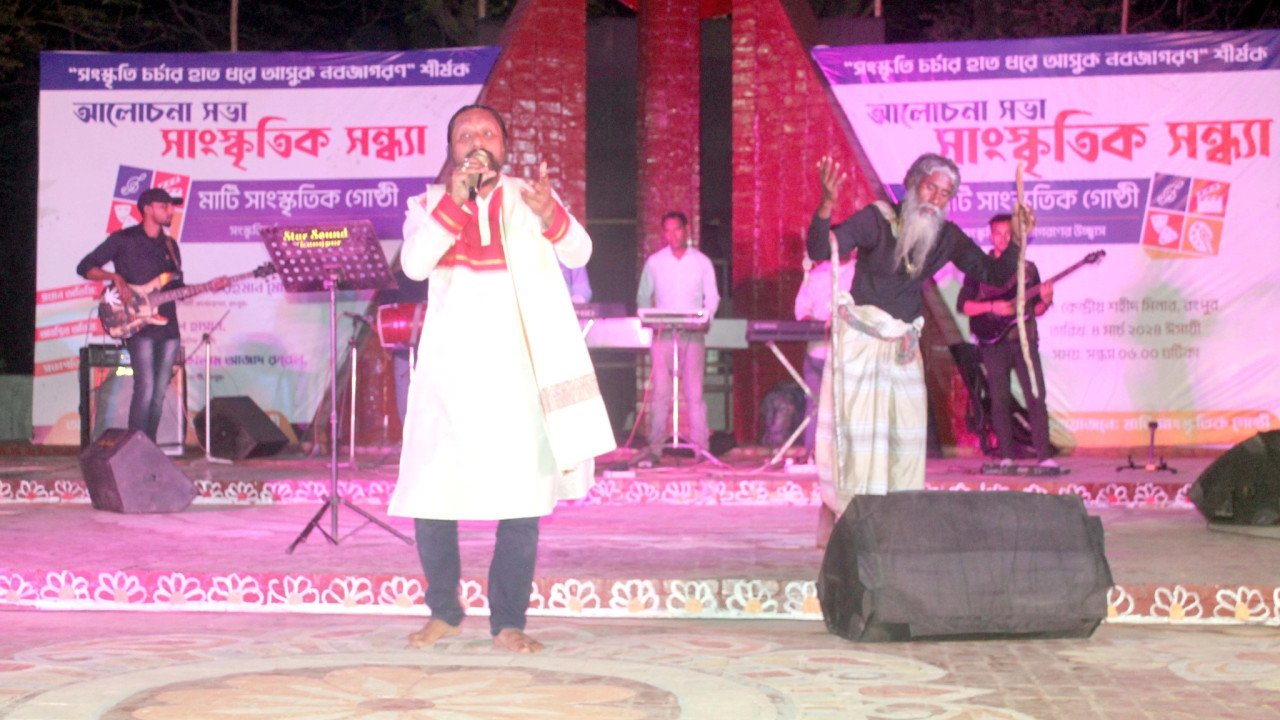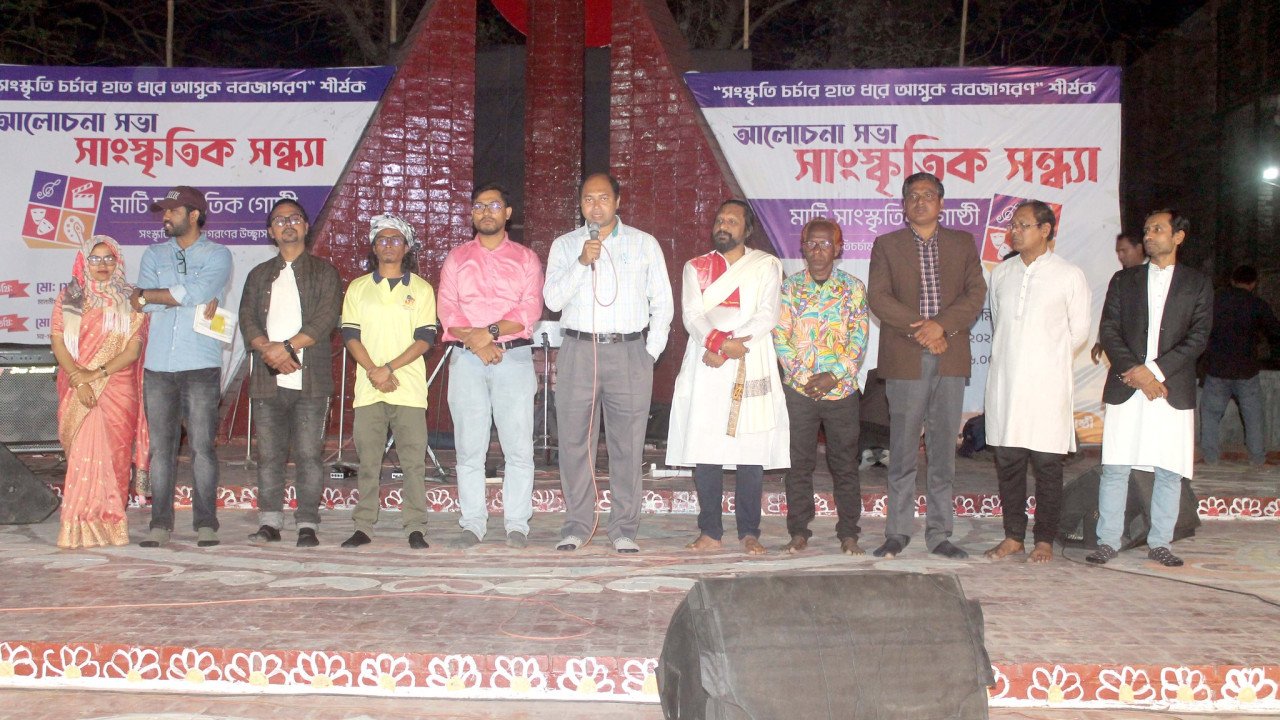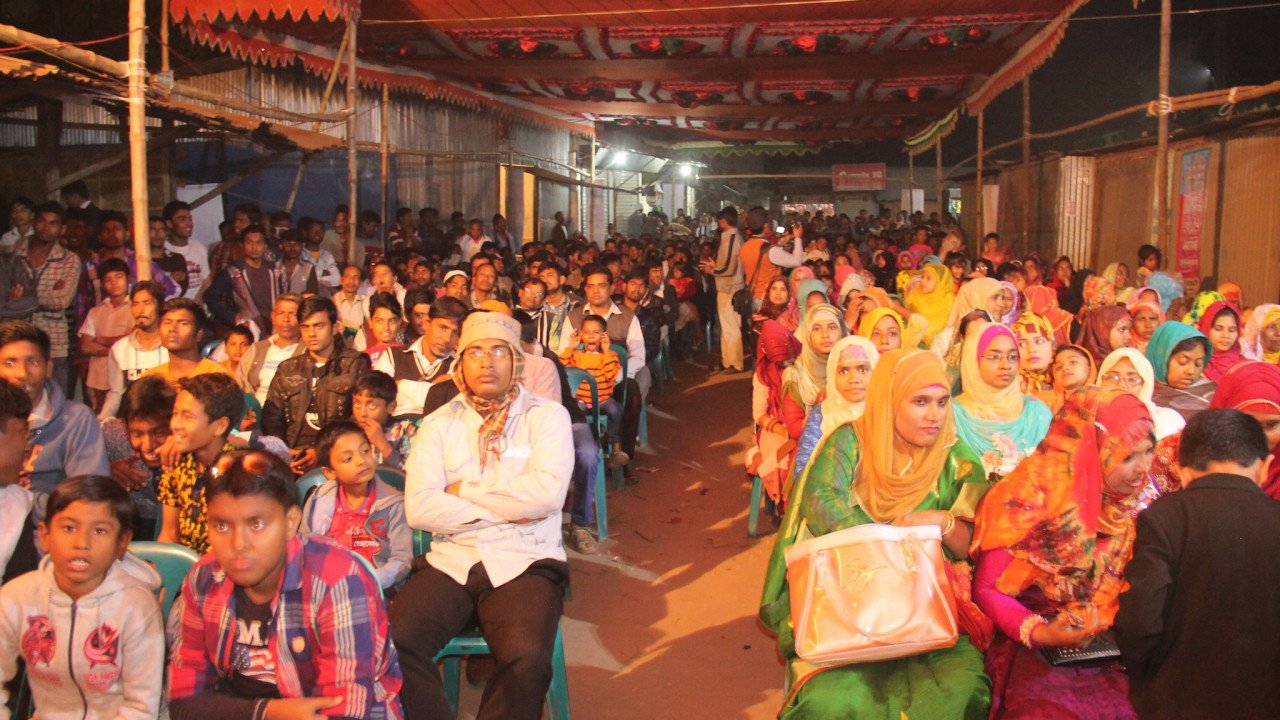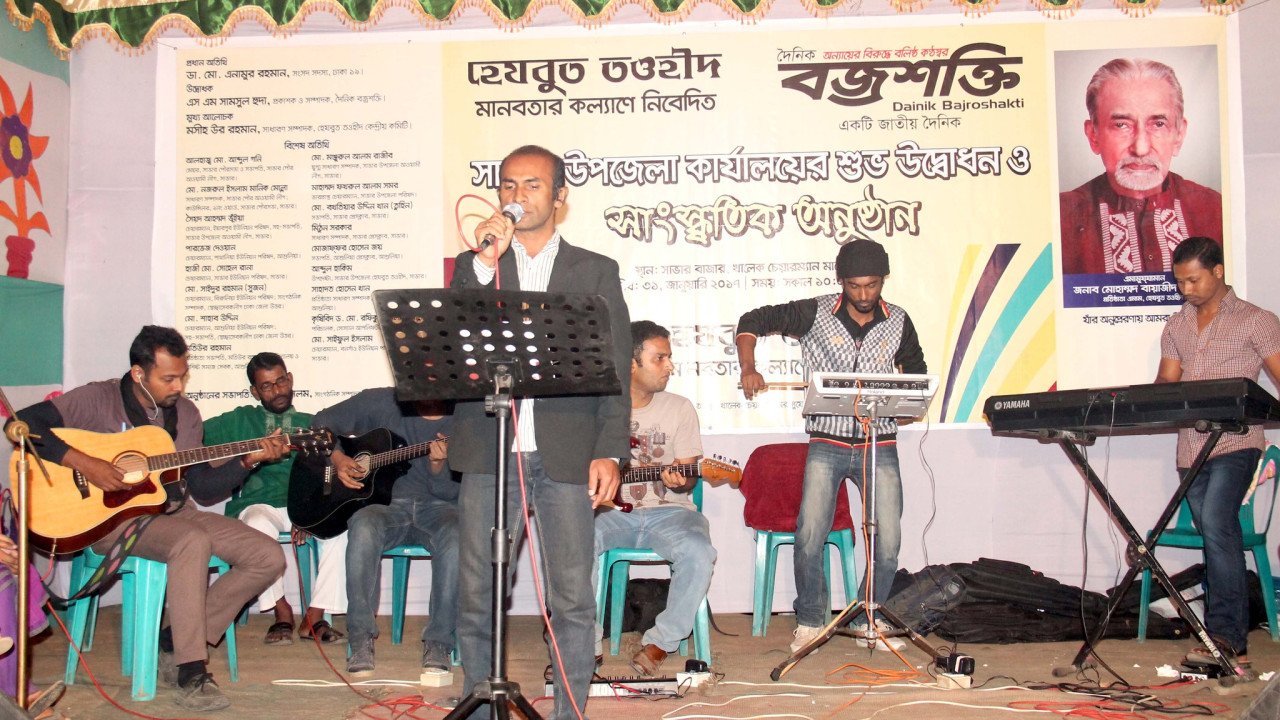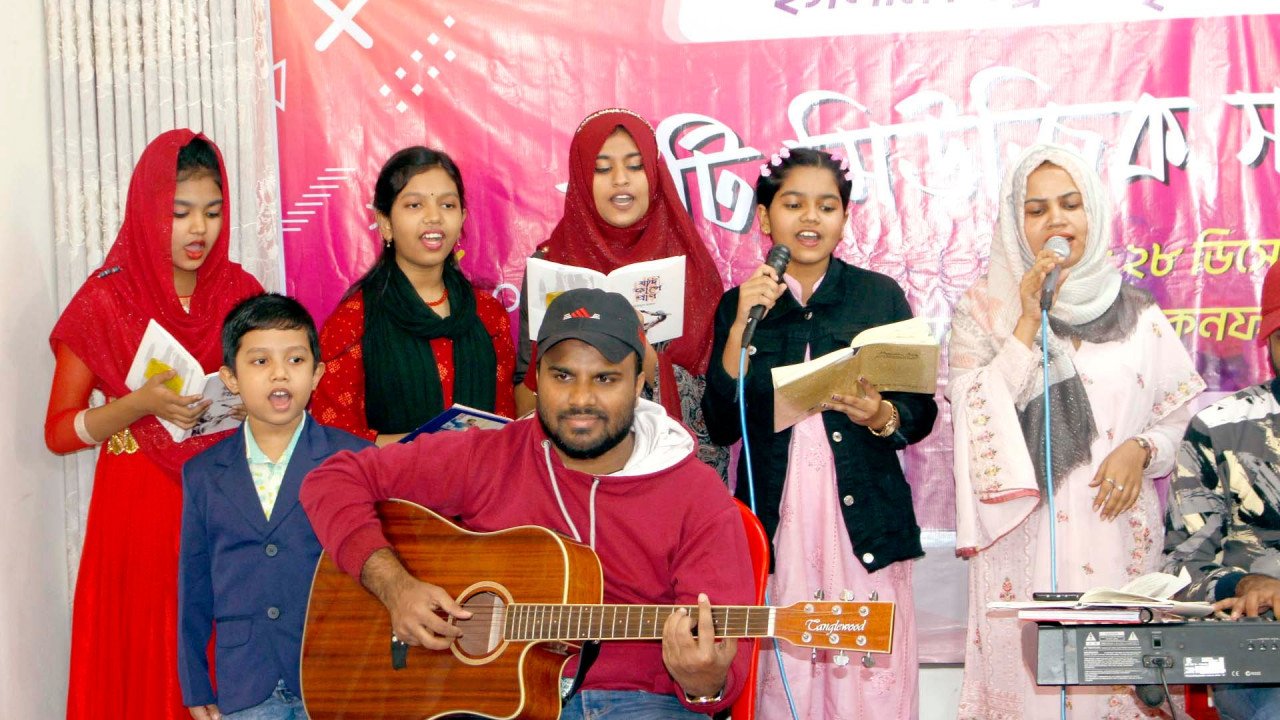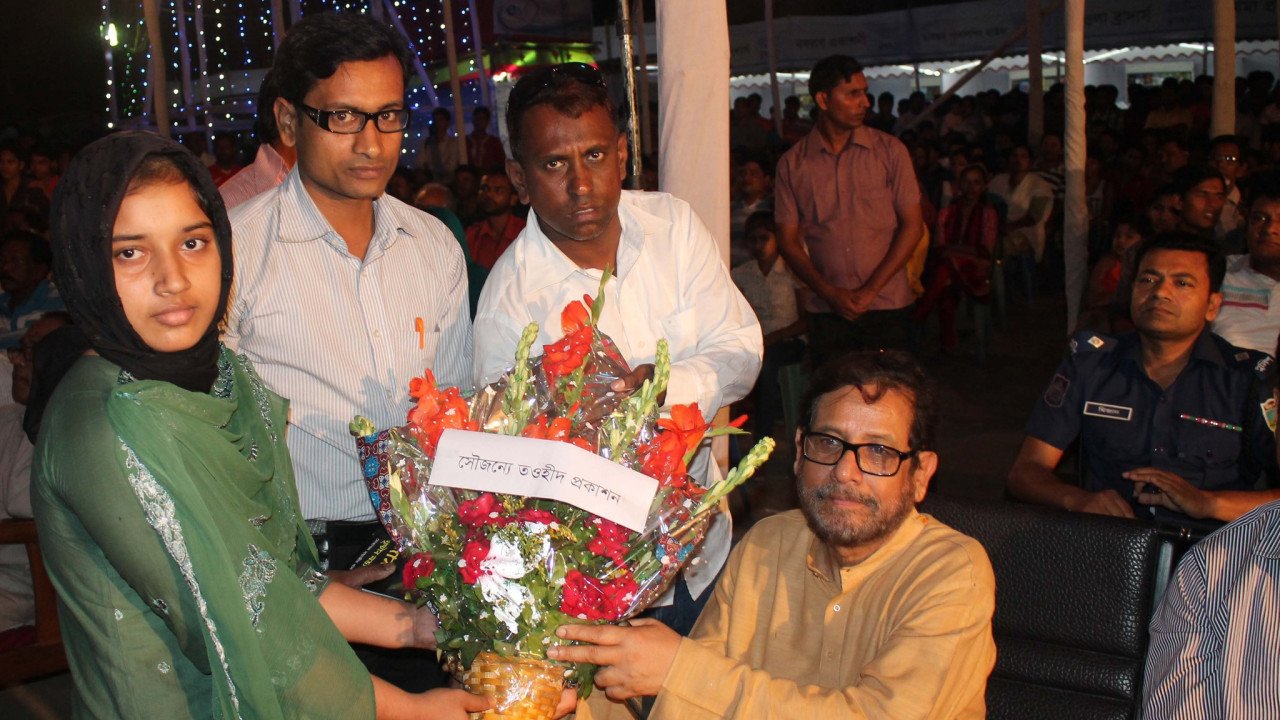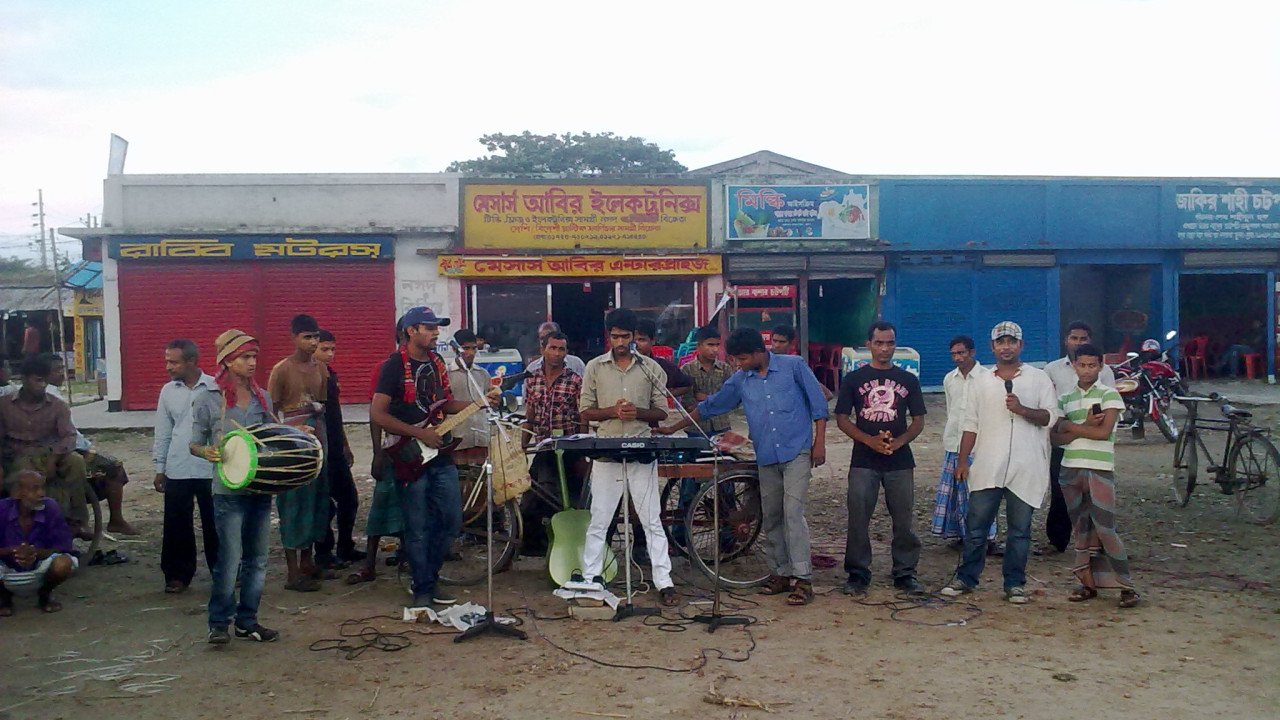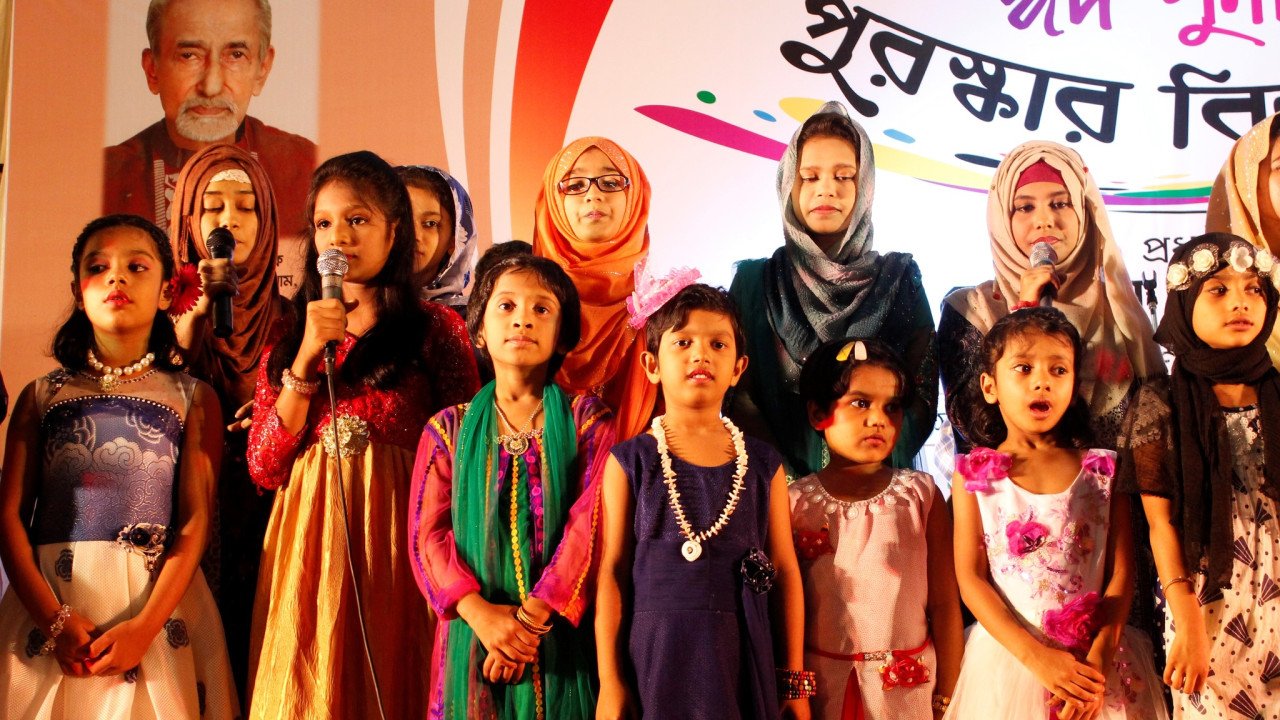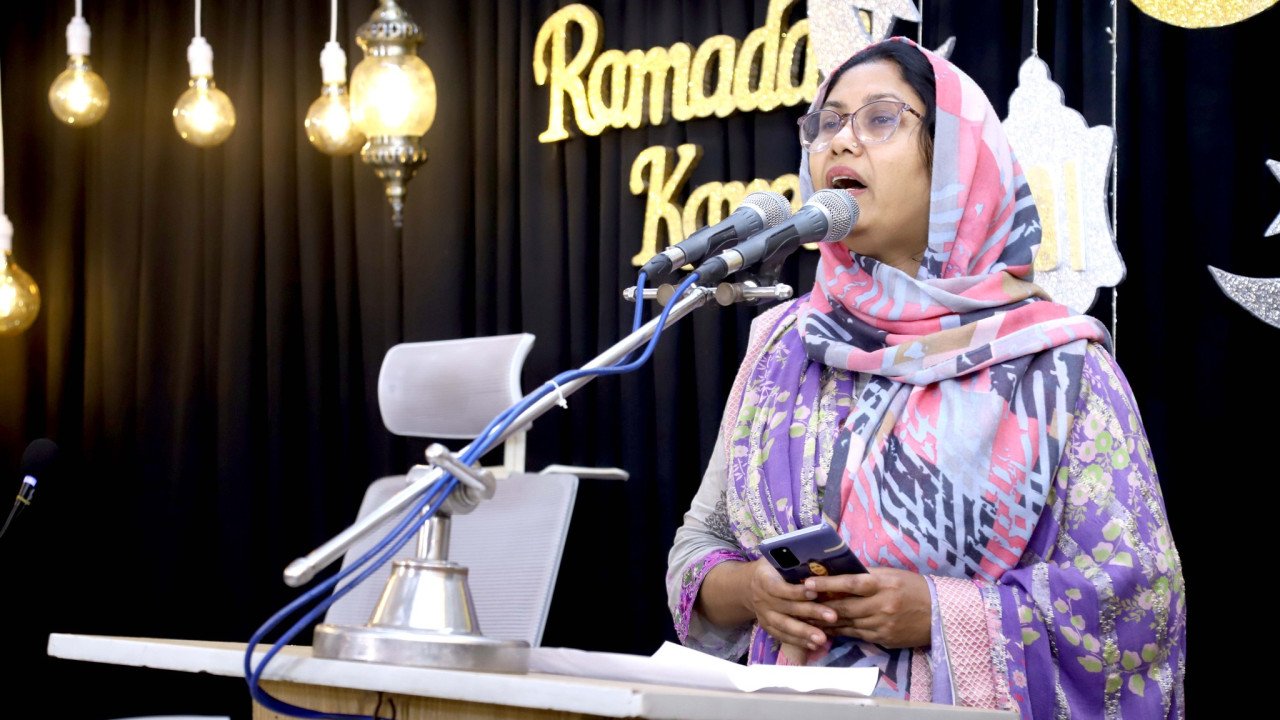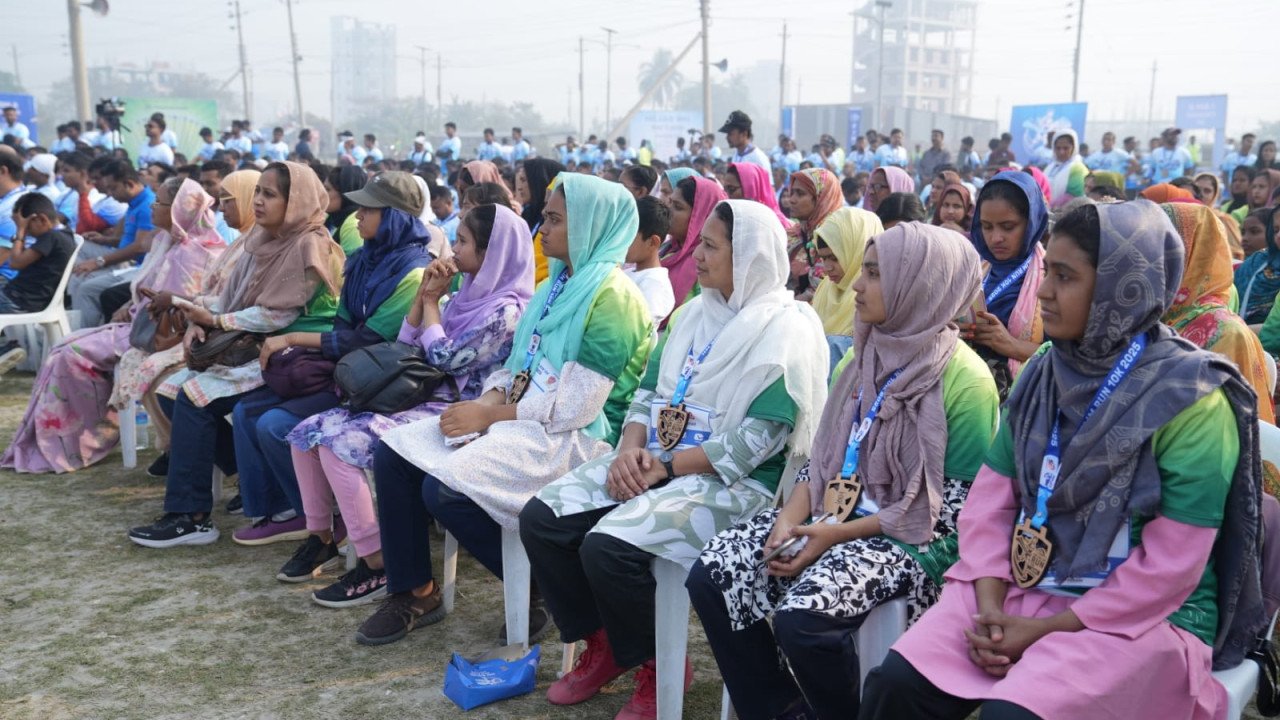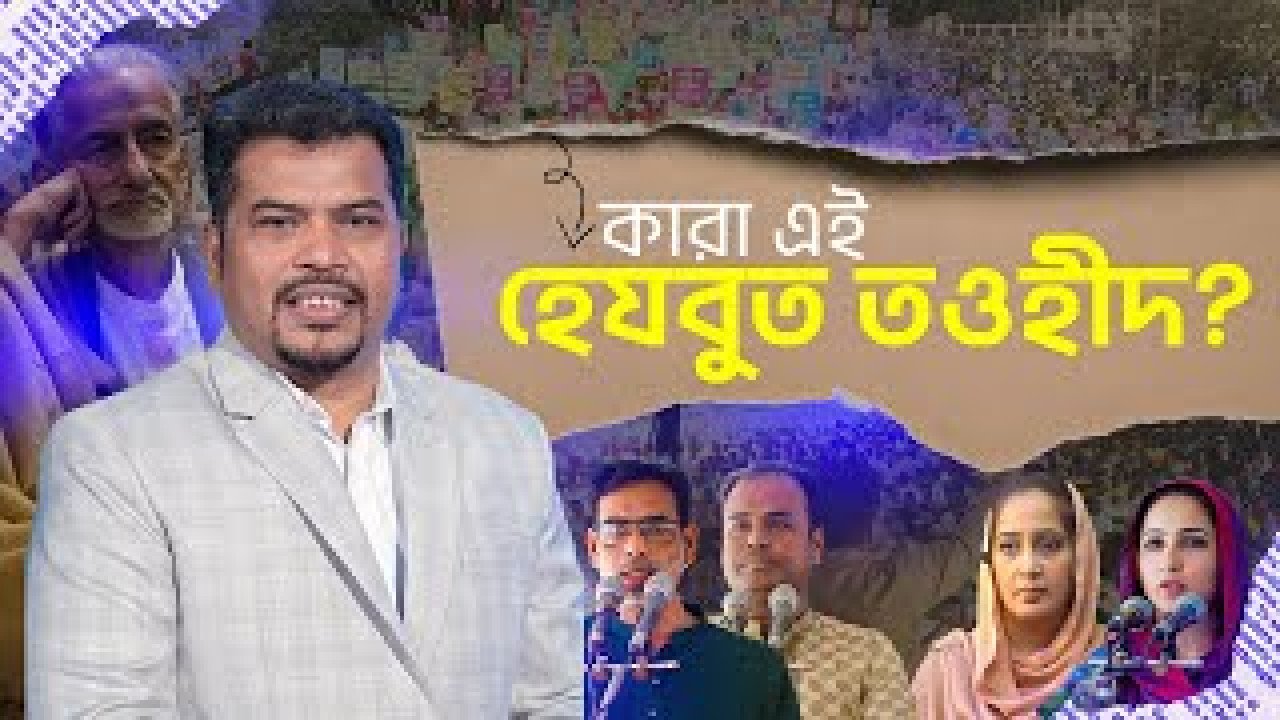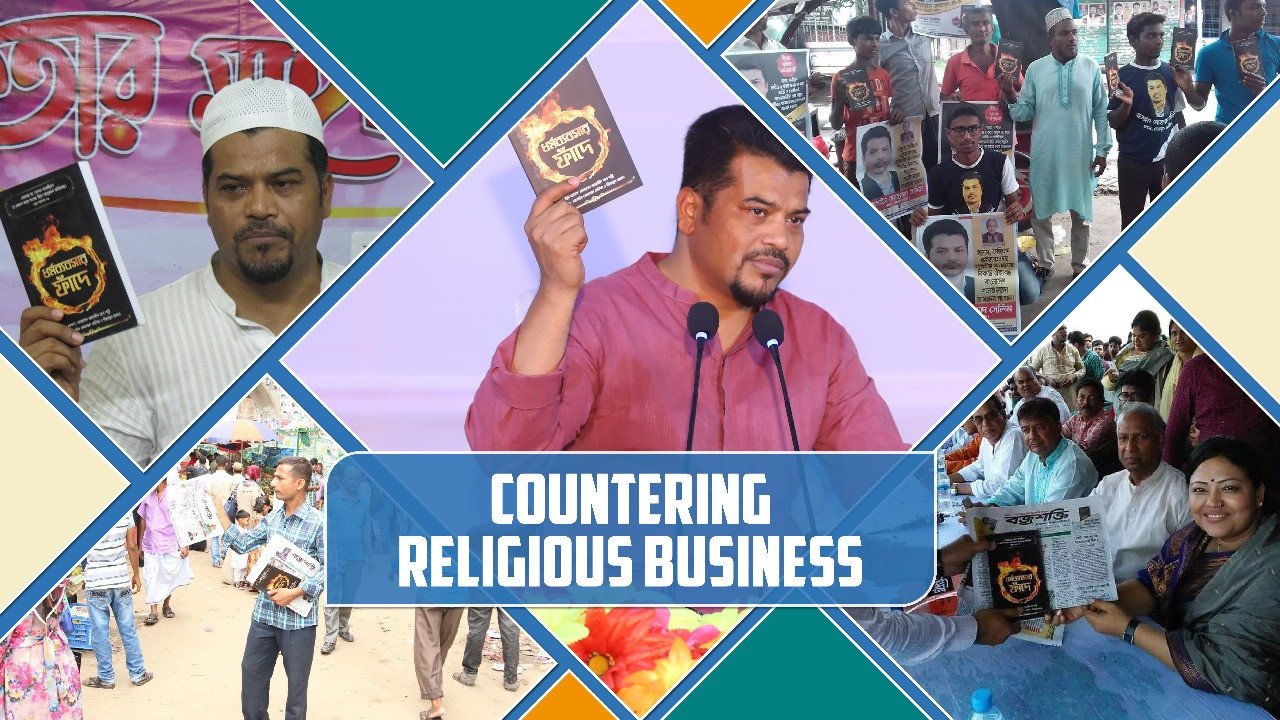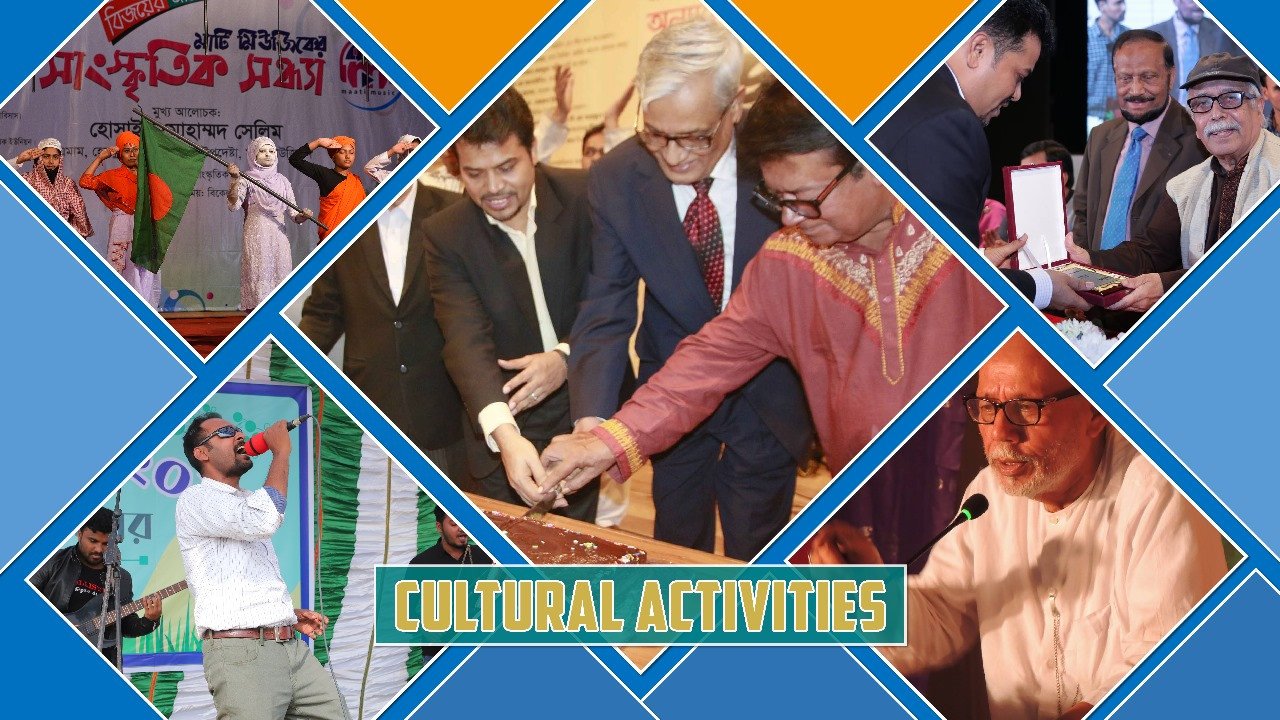
Humans are sentient beings. Just as they need food and drink to survive on earth, humans have been practicing art since prehistoric times to satisfy their mental desires. Due to the diversity of geographical and economic activities, the clothing, food habits, livelihoods, etiquette, language, festivals, and cultures of different regions vary. Therefore, imposing the culture of one area on another is not appropriate, and Islam does not do that either. The Messenger of Allah came to the desert area of Arabia, but Islam is not just for Arabs. Its ordinances are for the entire human race.
However, Islam acknowledges cultural diversity. Allah has not prohibited the culture of any region in His commandments, nor has He asked to impose Arab culture on the rest of the world. He has only given one guideline: avoid things that promote obscenity, falsehood, and actions contrary to the commands of Allah.
Misconceptions and Extremist Actions
Yet, it is an established fatwa in our society that singing and playing musical instruments are haram (forbidden) in Islam. Believing these false fatwas, extremist groups have repeatedly bombed various cultural events in our country, labeled various sculptures including those of Lalon as idols and destroyed them, burned down Ustad Alauddin Ali Khan's music academy, and harassed many Bauls and folk singers. Many cultural workers are also confused because of these fatwas. They think they are sinning. Many go to Hajj in their old age to repent and vow not to sing anymore.
But according to Islamic principles, in determining what is halal (permissible) and haram, what Allah has not forbidden is halal. Just as alcohol, usury, gambling, theft, and robbery are explicitly prohibited in the Quran, there is no clear verse in the Quran that indicates the illegality of music. There are no negative statements about these either. Allah has only set some principles for any action. Allah says, `Say, My Lord has only forbidden immoralities—what is apparent of them and what is concealed—and sin, and oppression without right, and that you associate with Allah that for which He has not sent down authority, and that you say about Allah that which you do not know (Surah Al-A'raf 33).’
Islamic Perspective on Music
Therefore, a song that contains no obscene lyrics, no indecent presentation by the singer, and no promotion of forbidden things has no reason to be considered haram. On the contrary, if a song awakens people against injustice and speaks of human liberation, singing such a song can be considered a righteous act. Instead of following anyone's fatwa, we should look at what Allah has said and what His Messenger has done.
Historical Examples from Islam
It should be remembered that the Messenger of Allah was the busiest man in human history, who led a great revolution to bring about a profound change in all aspects of human life. He organized 107 small and large military expeditions in just 9 years. Such a great revolutionary did not have the leisure to focus on music. However, it is found in hadith that in his spare time, at home or after returning from a battle, he listened to music with his companions.
In the era of ignorance (Jahiliyyah) in Arabia, music was closely associated with obscenity. Therefore, many companions considered music to be an act of immorality or evil. But the Messenger of Allah dispelled their misconceptions. Aisha (RA) was very fond of music, and it is an example that music was practiced in her house in the presence of the Messenger of Allah.
Once, on the national festival day of ‘Bu’ath Day,’ two girls were playing the daf and tambourine and singing in the house of the Messenger of Allah. Aisha (RA) was also listening to the songs. At that time, her father, Abu Bakr (RA), entered and reprimanded Aisha (RA). The Messenger of Allah looked at Abu Bakr (RA) and said, "Abu Bakr, let them do their work" (Sahih Bukhari, Hadith No. 987).
Aisha (RA) used to raise a girl who was later married to an Ansar. After returning from the wedding ceremony, the Messenger of Allah asked Aisha (RA), "Did you send the girl to her husband's house?" She replied, "Yes." The Messenger of Allah then asked, "Did you send anyone who can sing?" Aisha (RA) said, "No." The Messenger of Allah said, "You know the Ansar love music" (Iqdal Farid).
Abu Buraydah (RA) narrated that, upon returning from a battle, a black woman companion approached the Messenger of Allah and said, "O Messenger of Allah, I had vowed that if Allah brought you back safely, I would play the daf and sing in front of you." The Messenger of Allah said, "If you have made a vow, then fulfill it. Play the daf." Then the woman started playing the daf and singing (Tirmidhi, Vol 2, p. 209-210; Mishkat Sharif, p. 555; Abu Dawood Sharif).
Even during the construction of the Mosque of the Messenger of Allah, it is mentioned in renowned hadith collections that the Messenger of Allah himself sang a work song called "Rajaz" (narrated by Anas RA in Bukhari, Muslim, Abu Dawood, Nasa’i).
Embracing Healthy Cultural Activities
Therefore, neither Allah nor His Messenger has declared music haram. In later periods, when sultans began to indulge excessively in dancing and drinking, some scholars declared musical gatherings and the practice of music haram. However, no one has the authority to declare forbidden what Allah has permitted. Healthy cultural activities awaken human conscience, develop intellect, promote resistance against injustice, and inspire good deeds. Hezbut Tawheed encourages the practice of modest and pure culture. The founder of this movement, the honorable Imamuzzaman, was a founding member of the Nazrul Academy.
Hezbut Tawheed has a cultural wing called 'Maati Cultural Group.' Its members engage in a variety of activities, including writing songs and poetry, composing music, performing, studio recording, music video production, and drama creation. The Mati Cultural Group has over 150 original songs. Through the performance of these songs, the cultural workers of Hezbut Tawheed are fighting to awaken people against extremism, religious exploitation, communalism, fanaticism, and misogynistic fatwas.
With the motto 'Let a new awakening come through the practice of culture,' Hezbut Tawheed organizes discussions, seminars, and cultural events across the country. Many renowned writers, artists, playwrights, film actors, intellectuals, and cultural figures have come to these events and expressed solidarity with Hezbut Tawheed. We call upon all culturally-minded individuals to join us. Let us not just keep people distracted with romantic songs and literature but use the weapon of culture to combat the crises faced by humanity.

